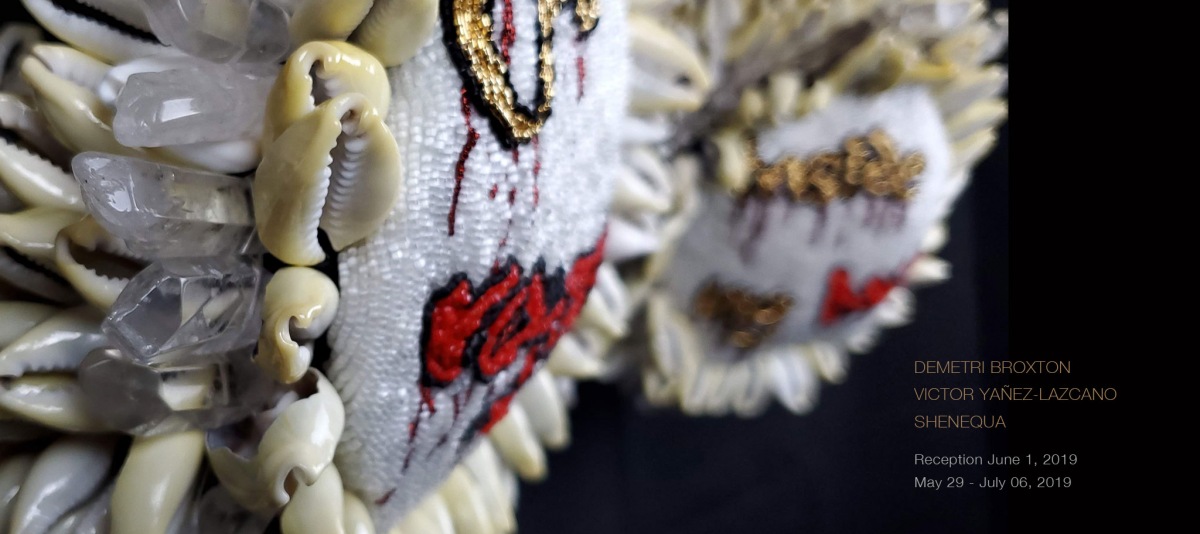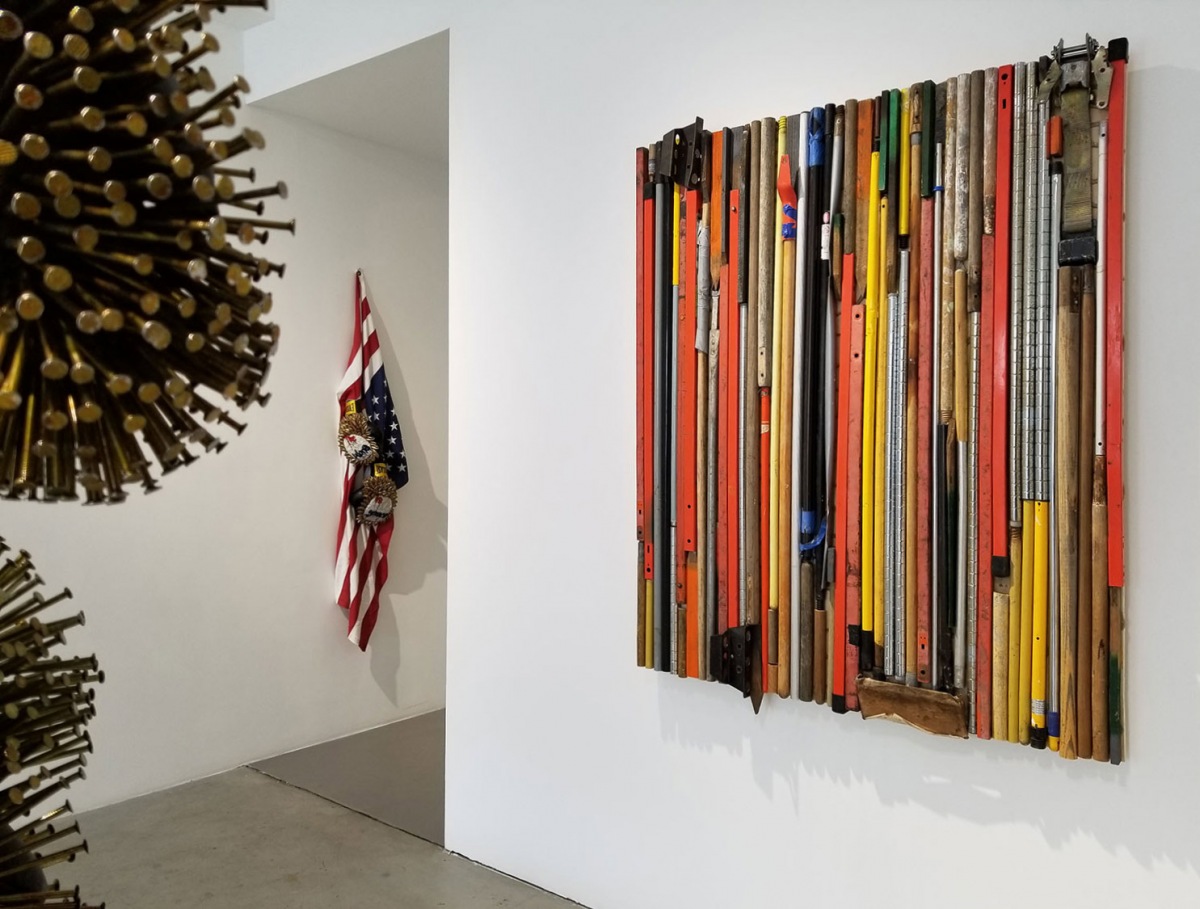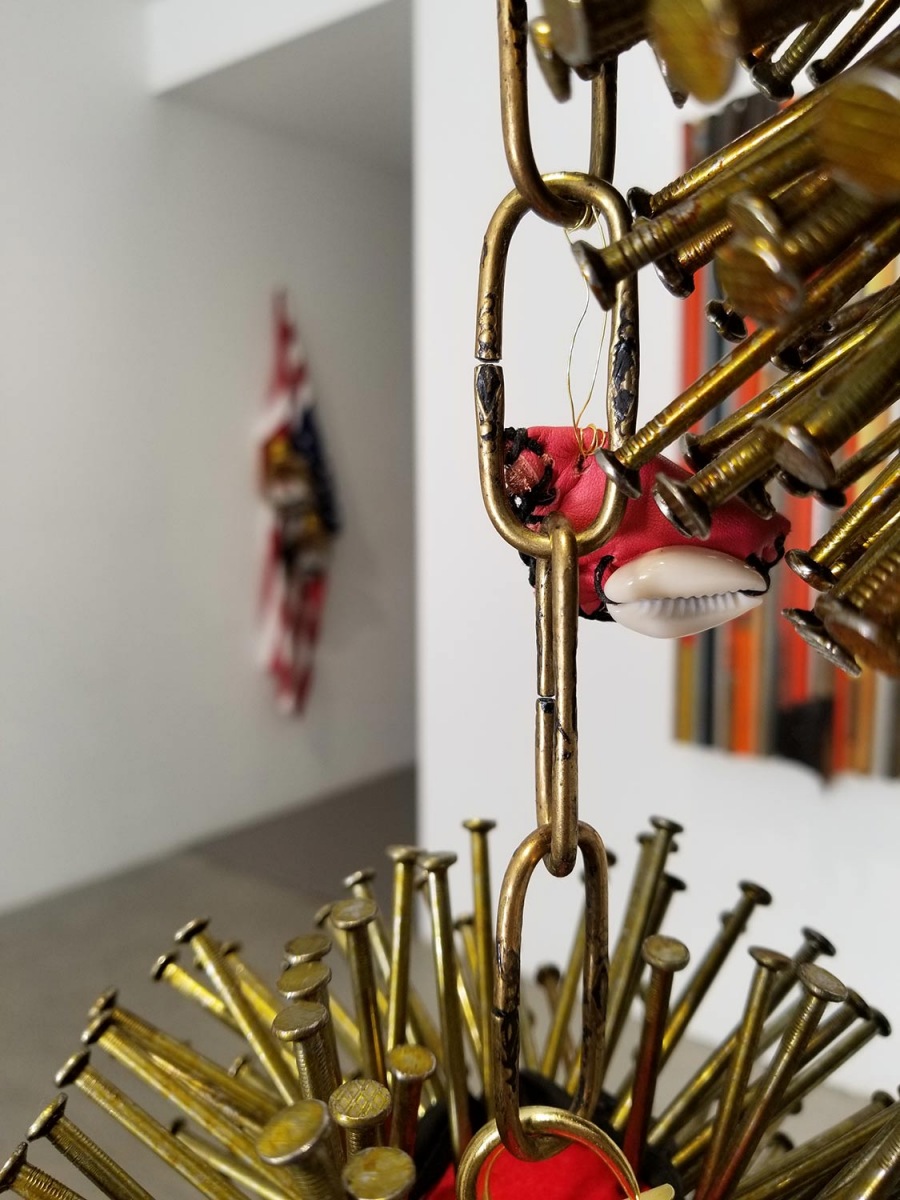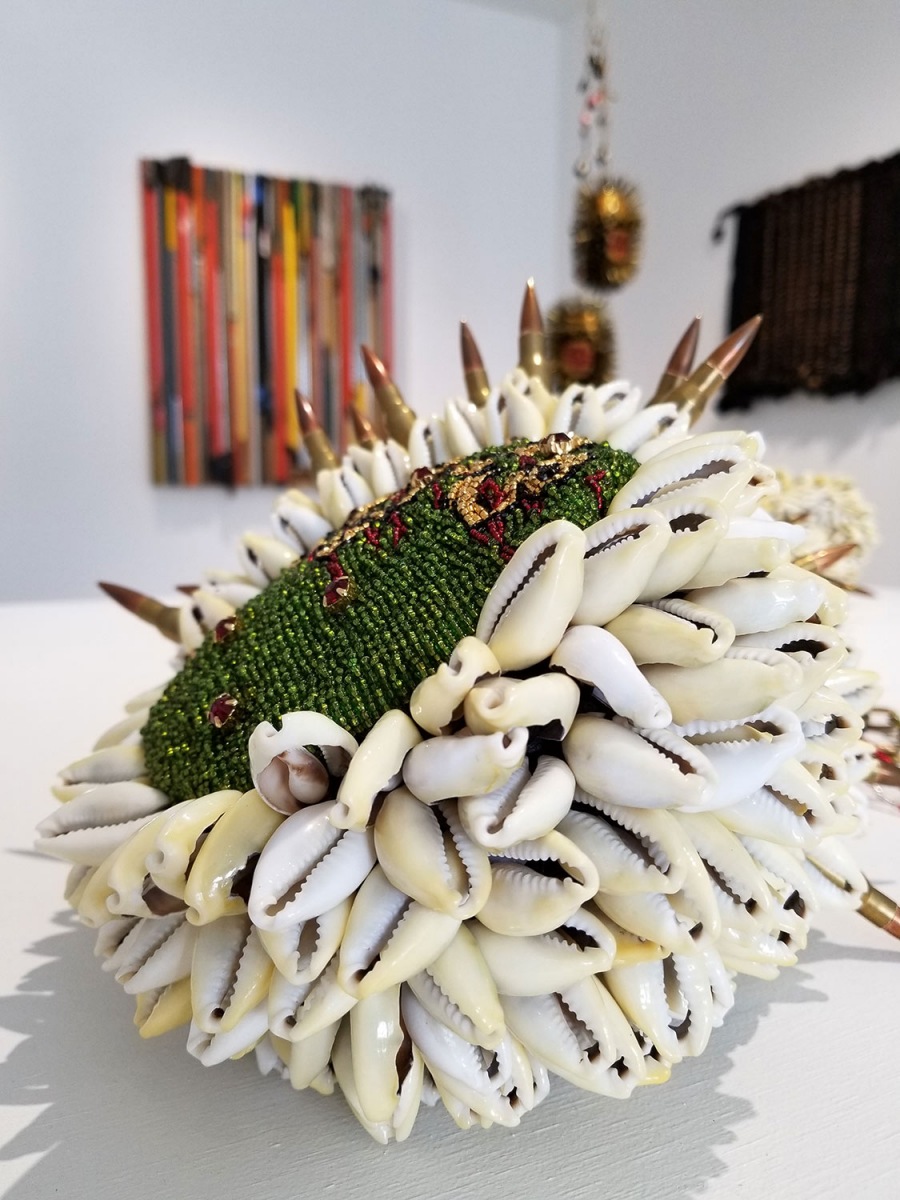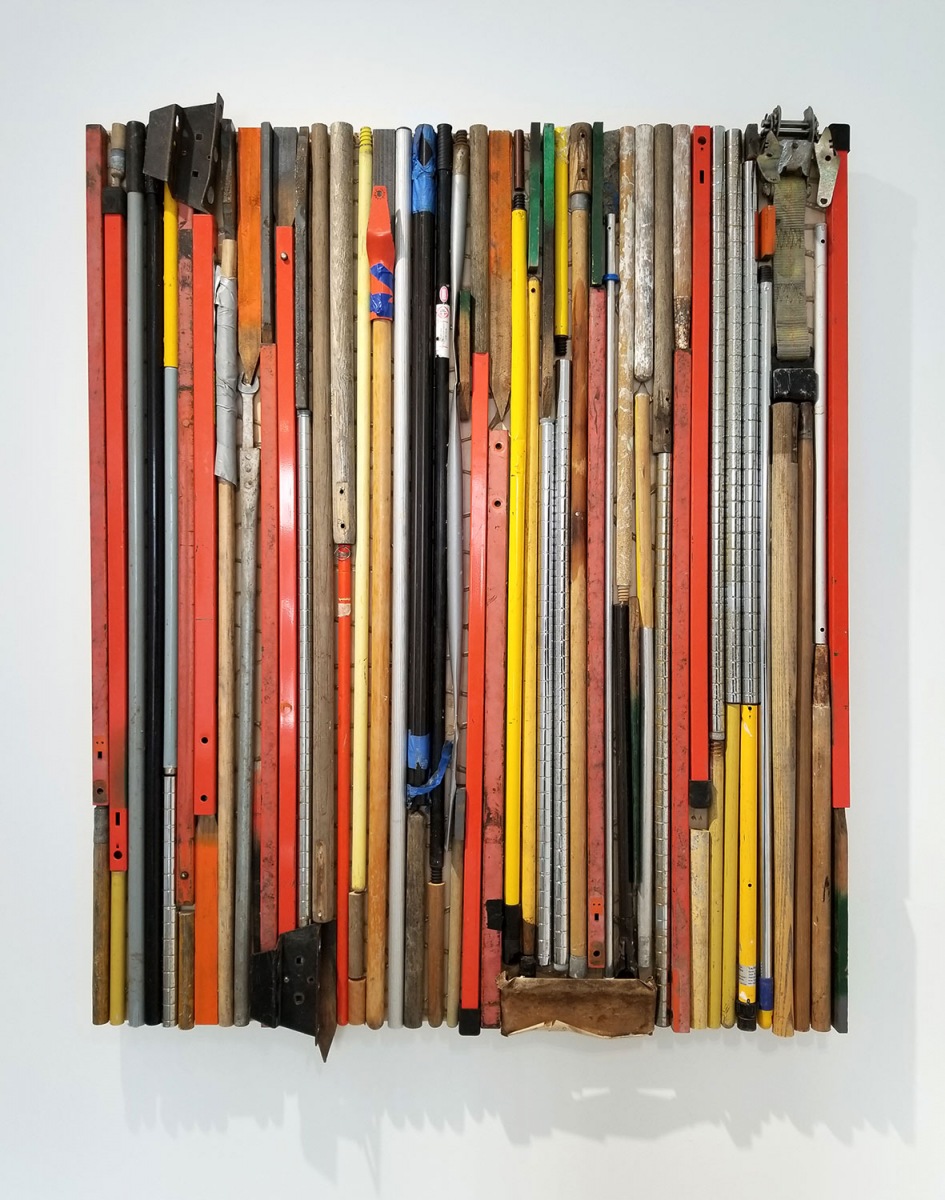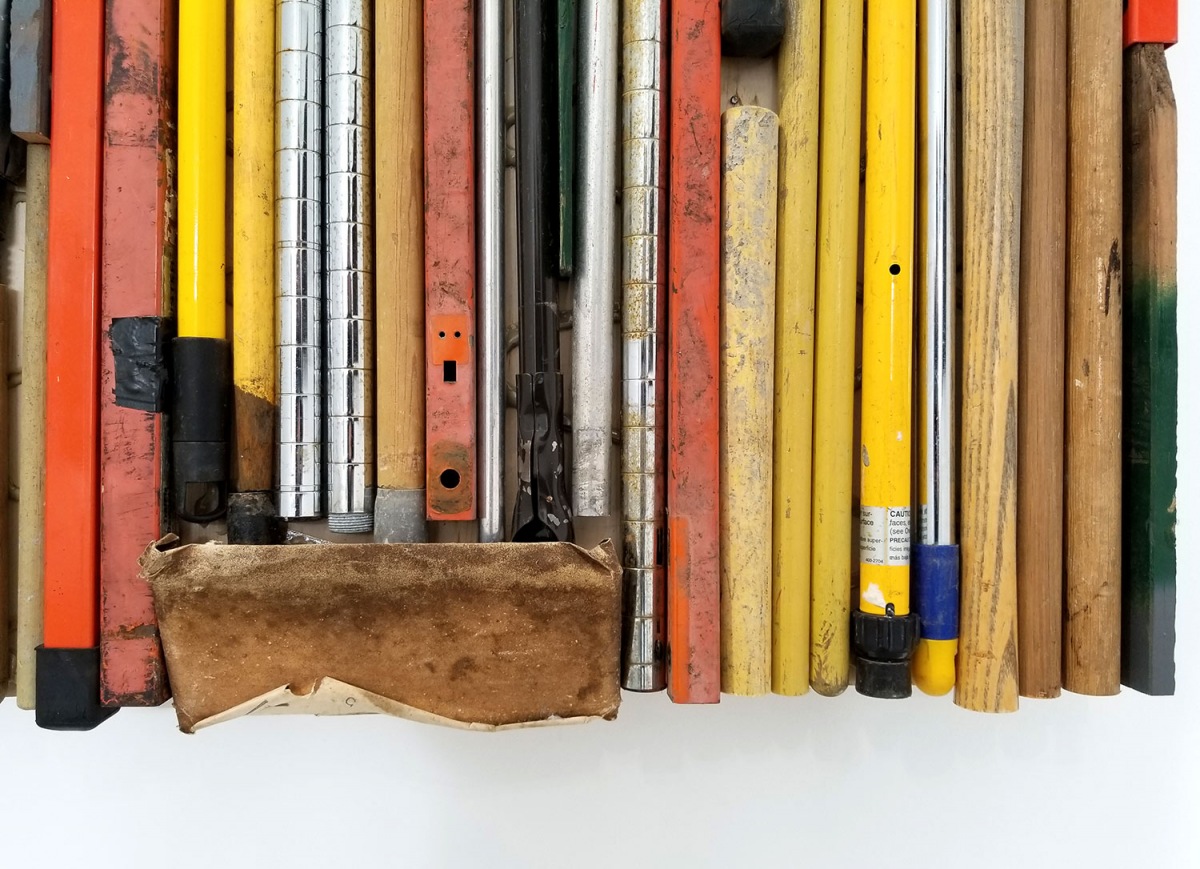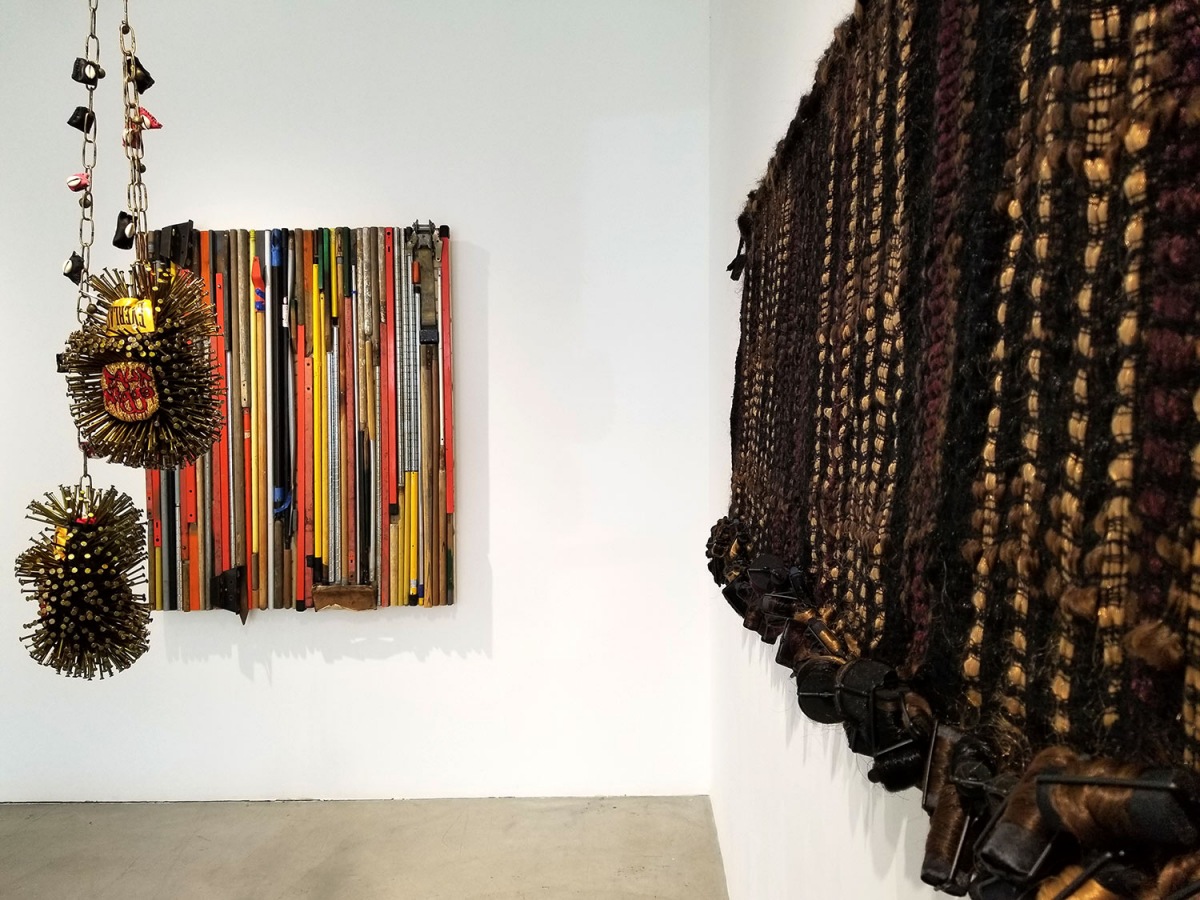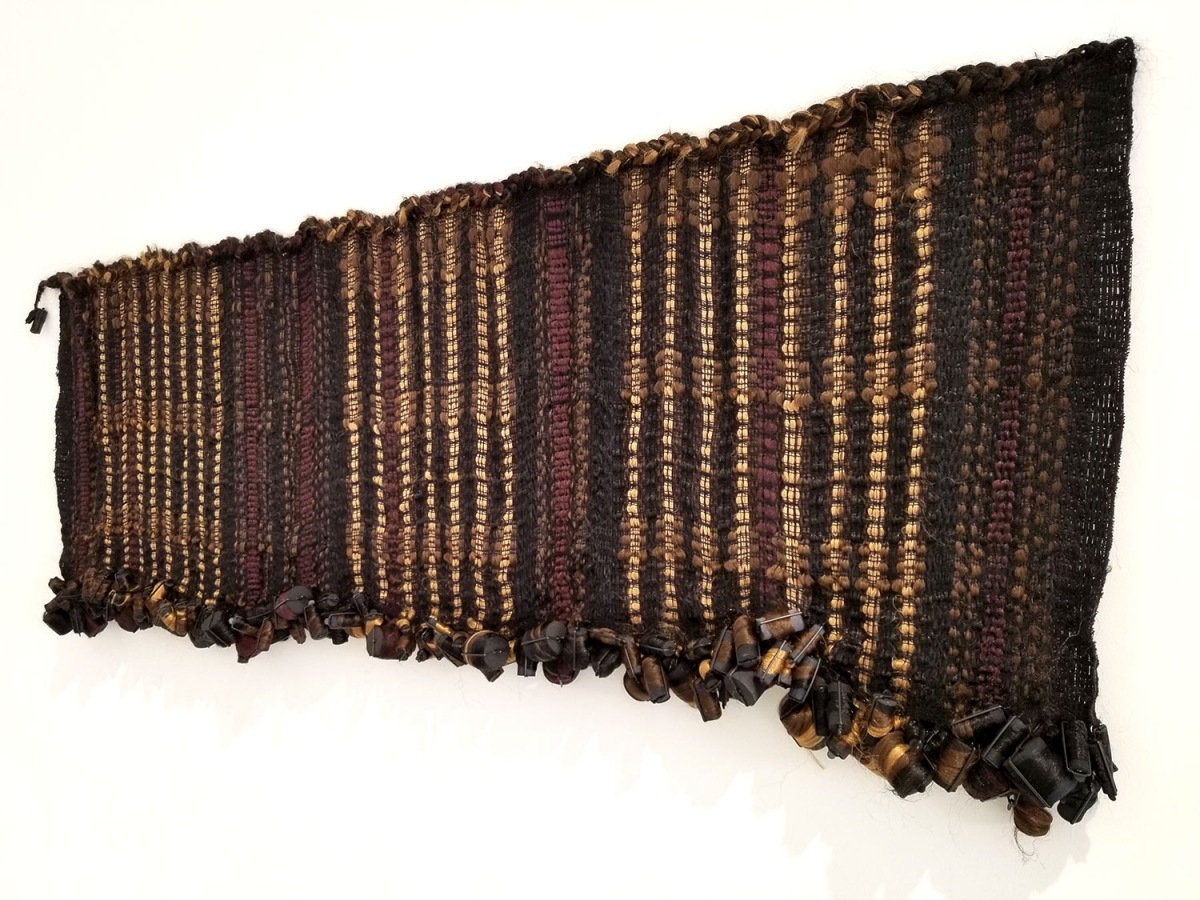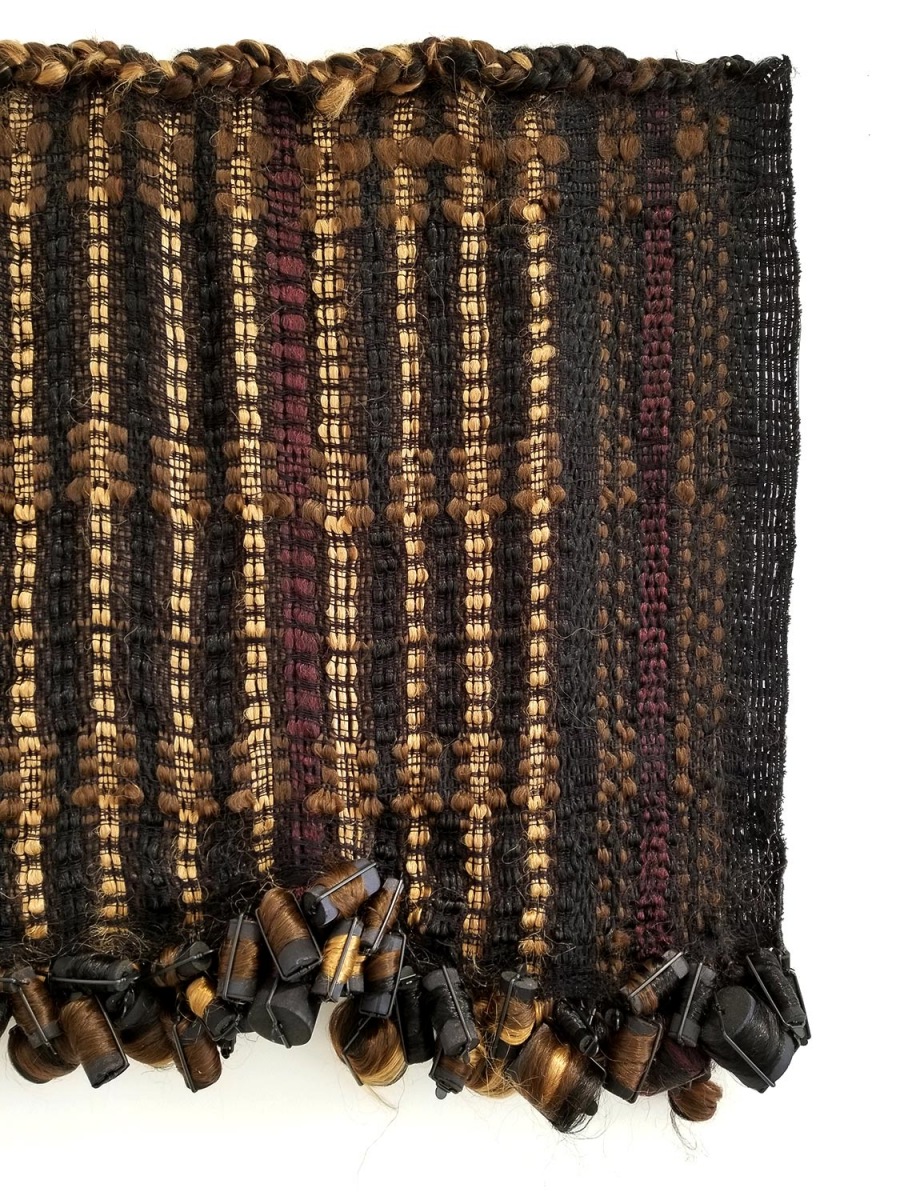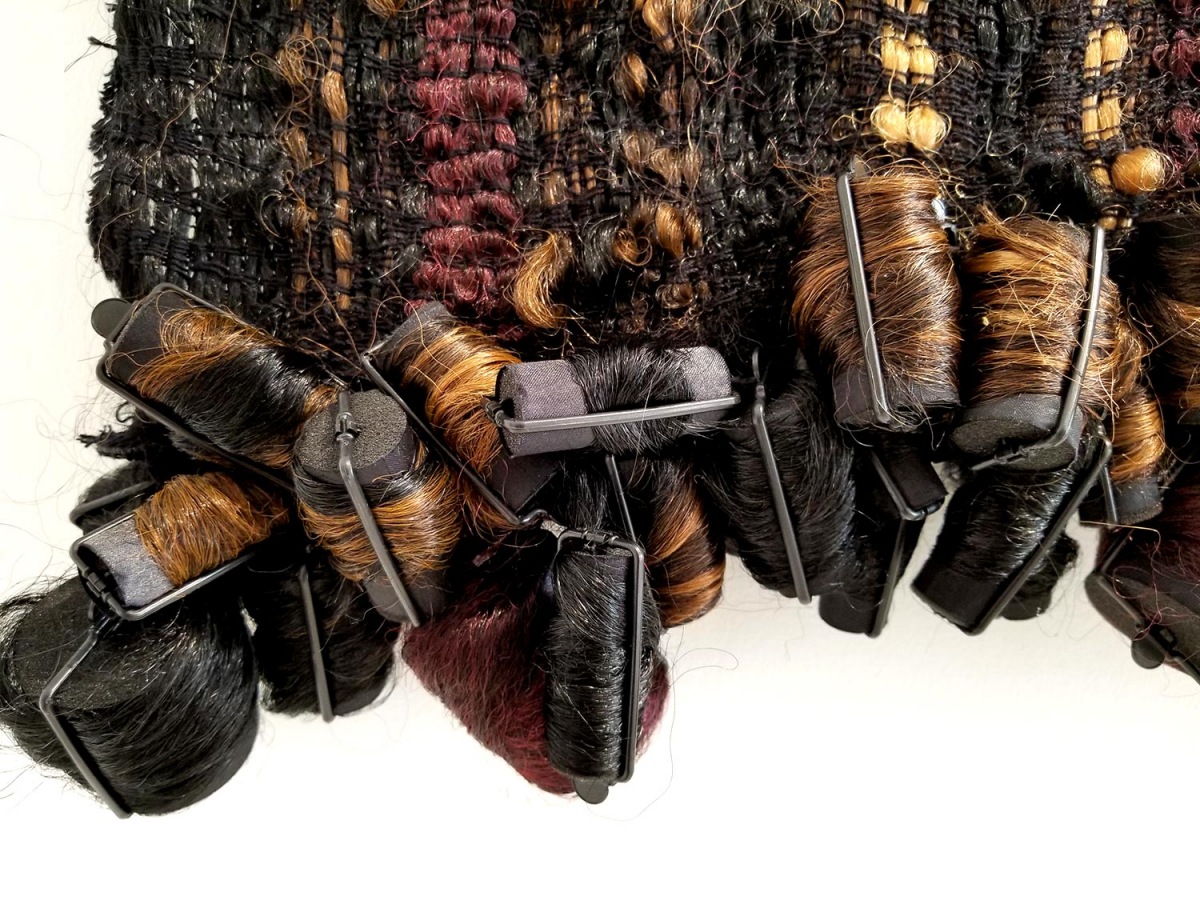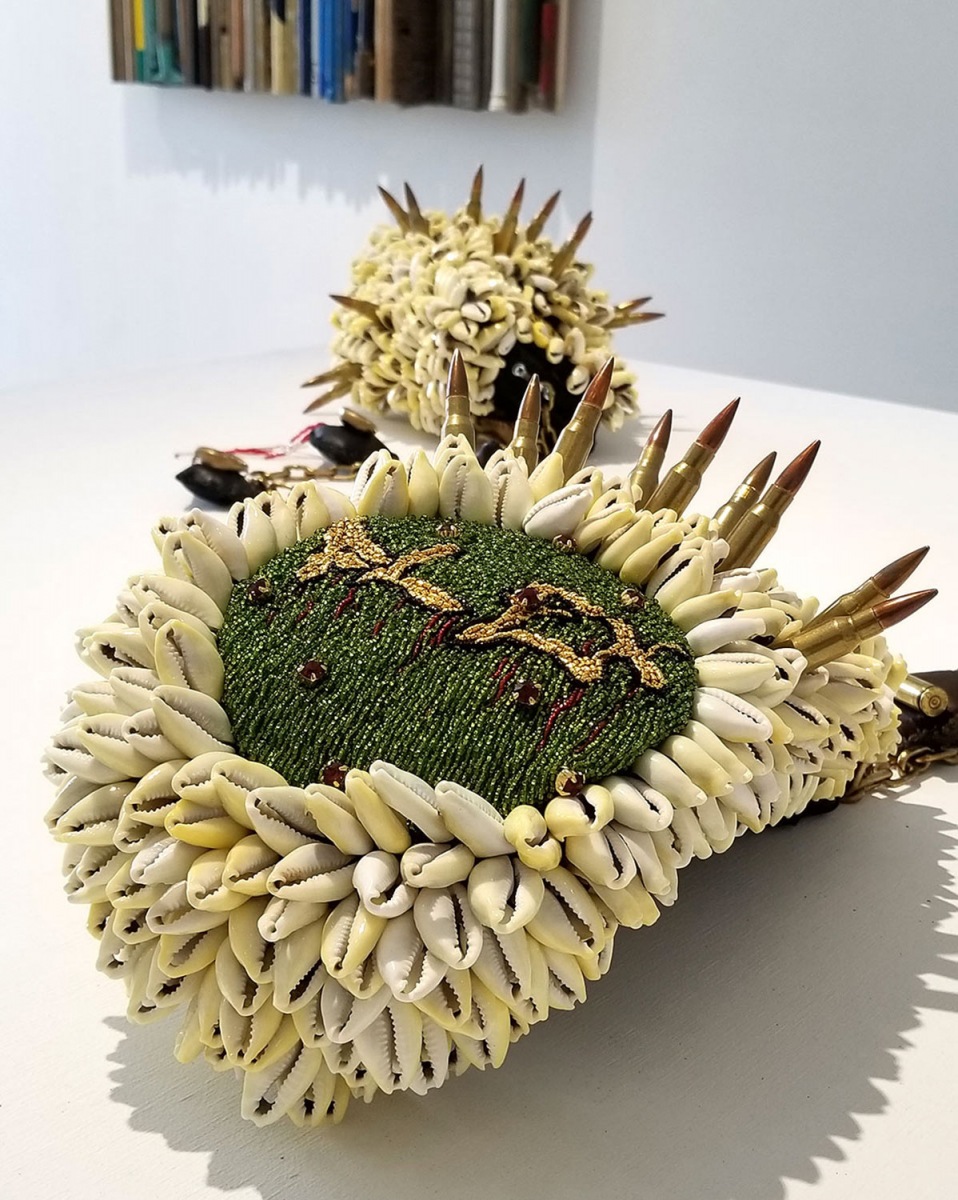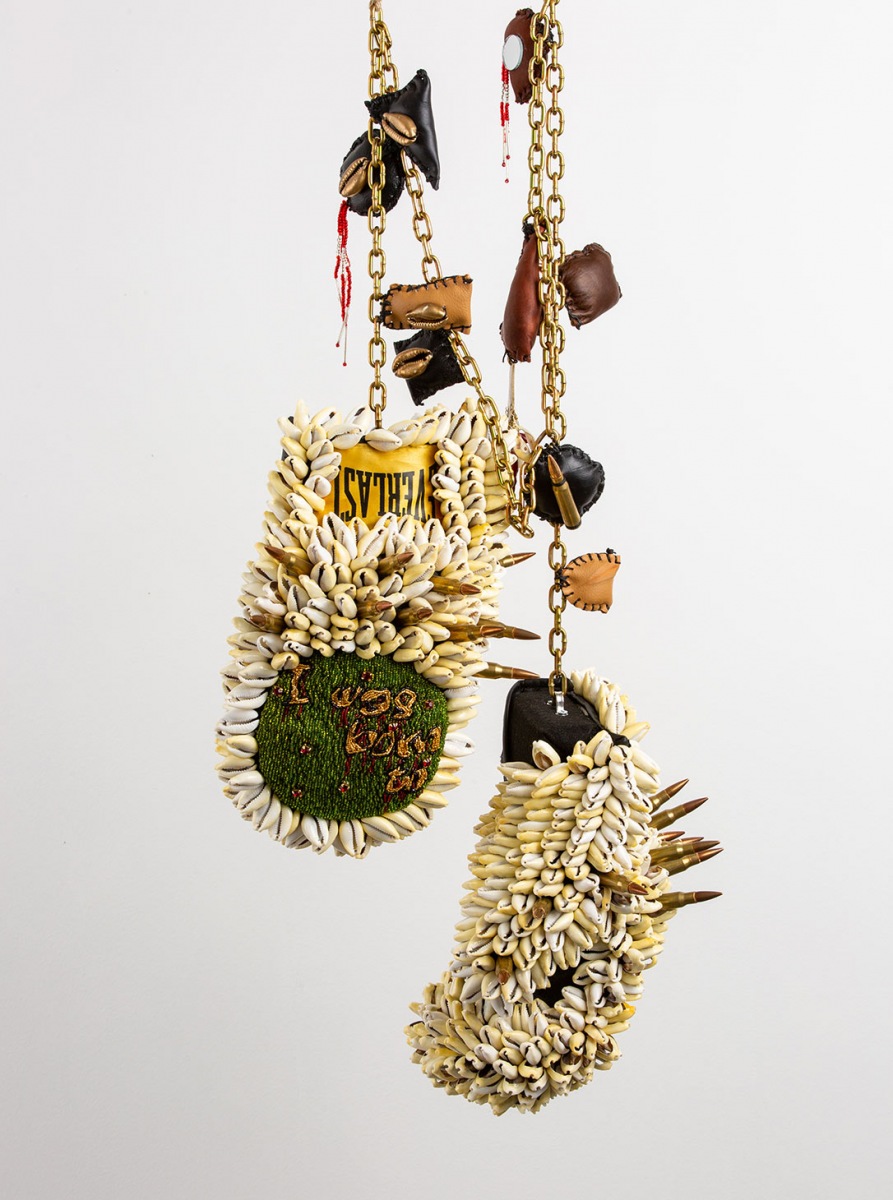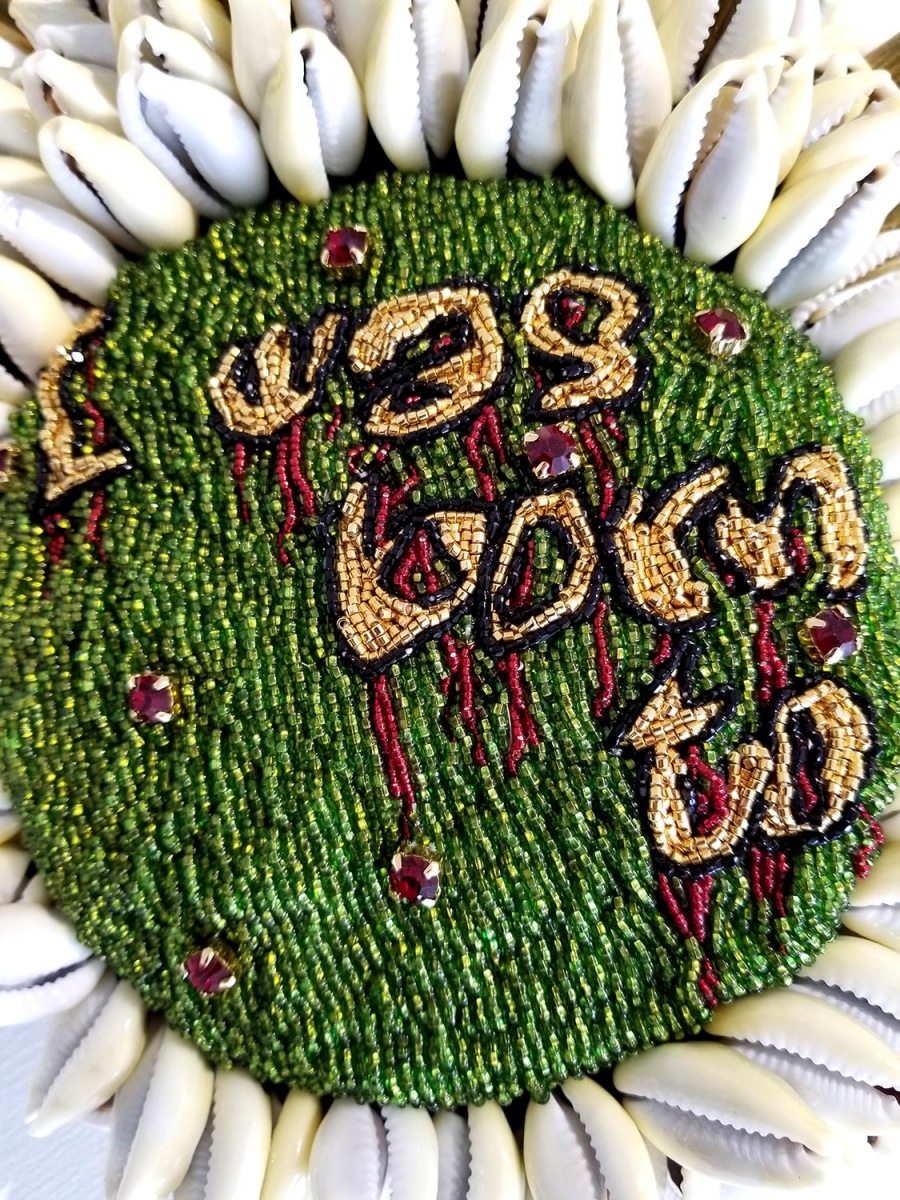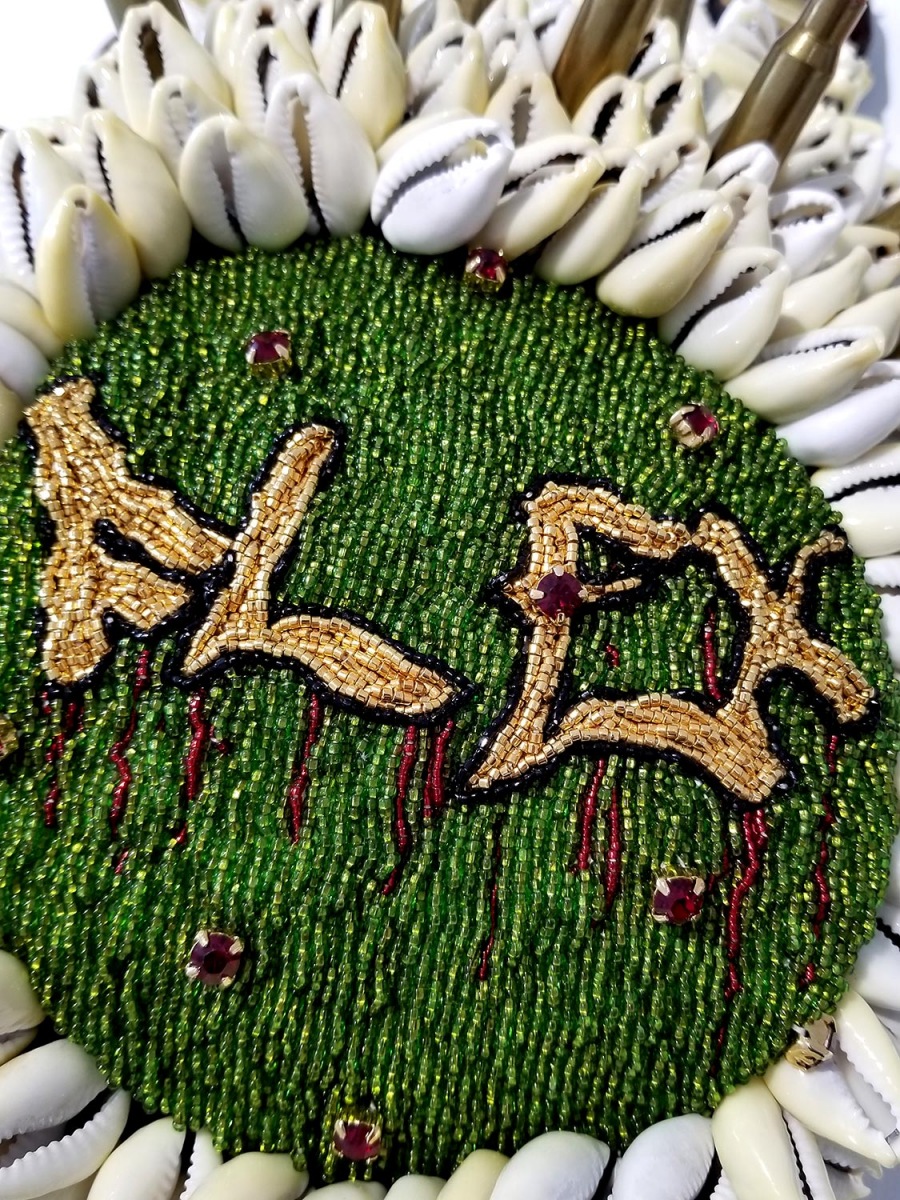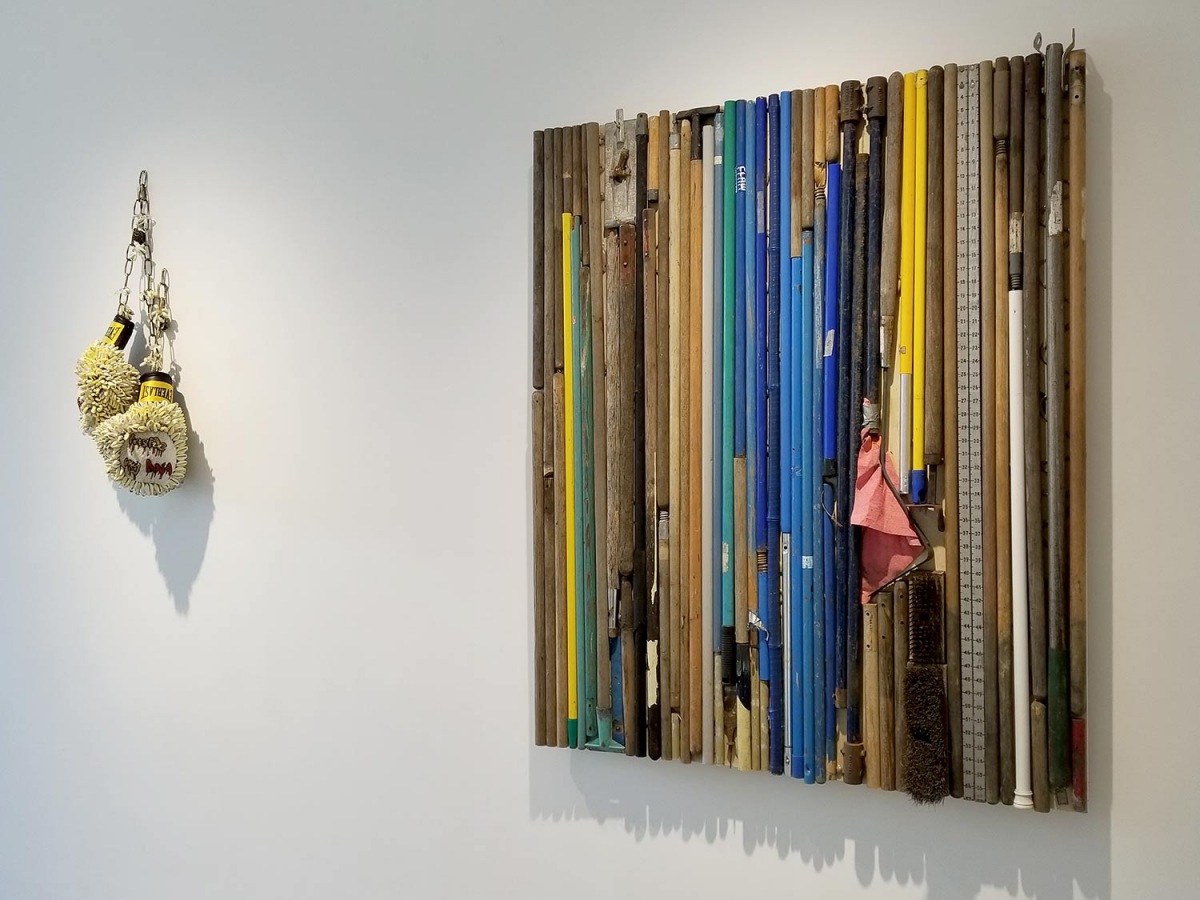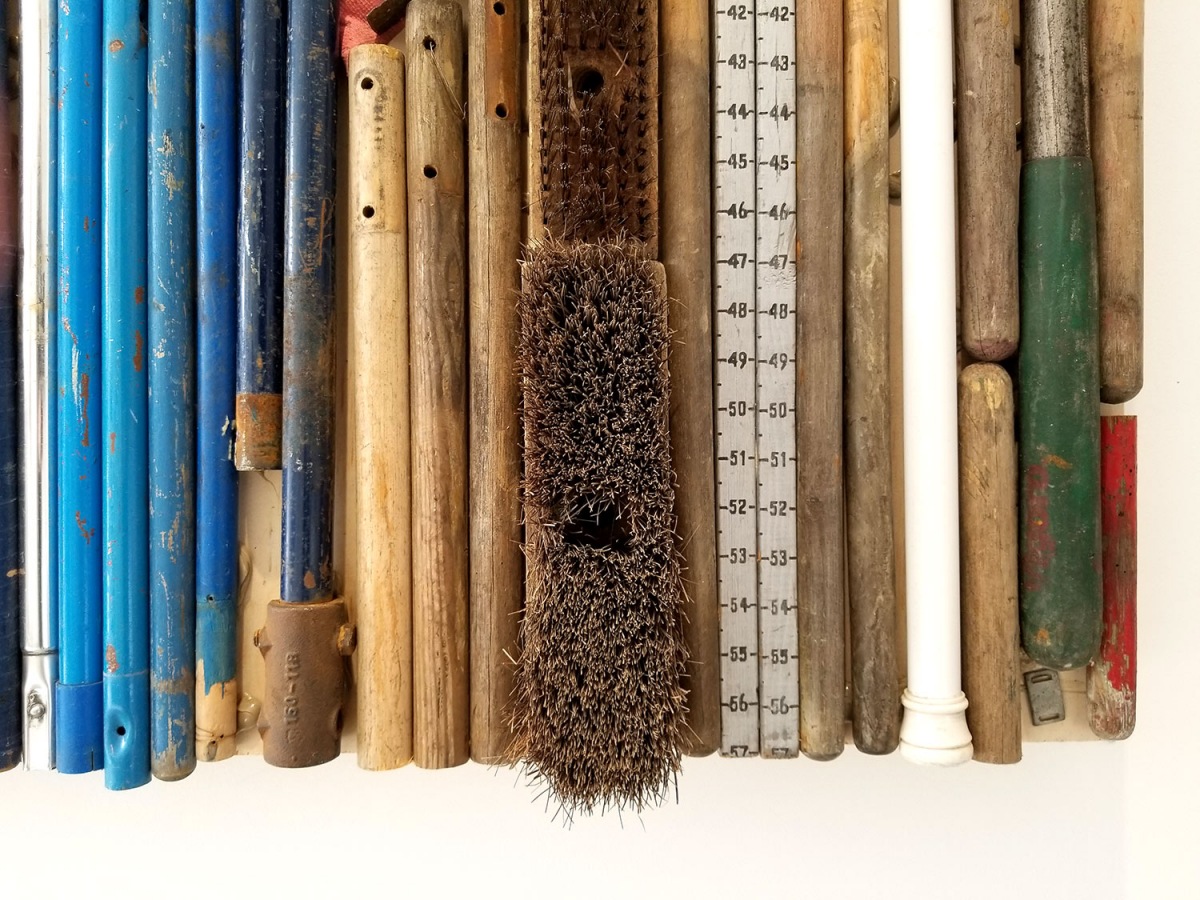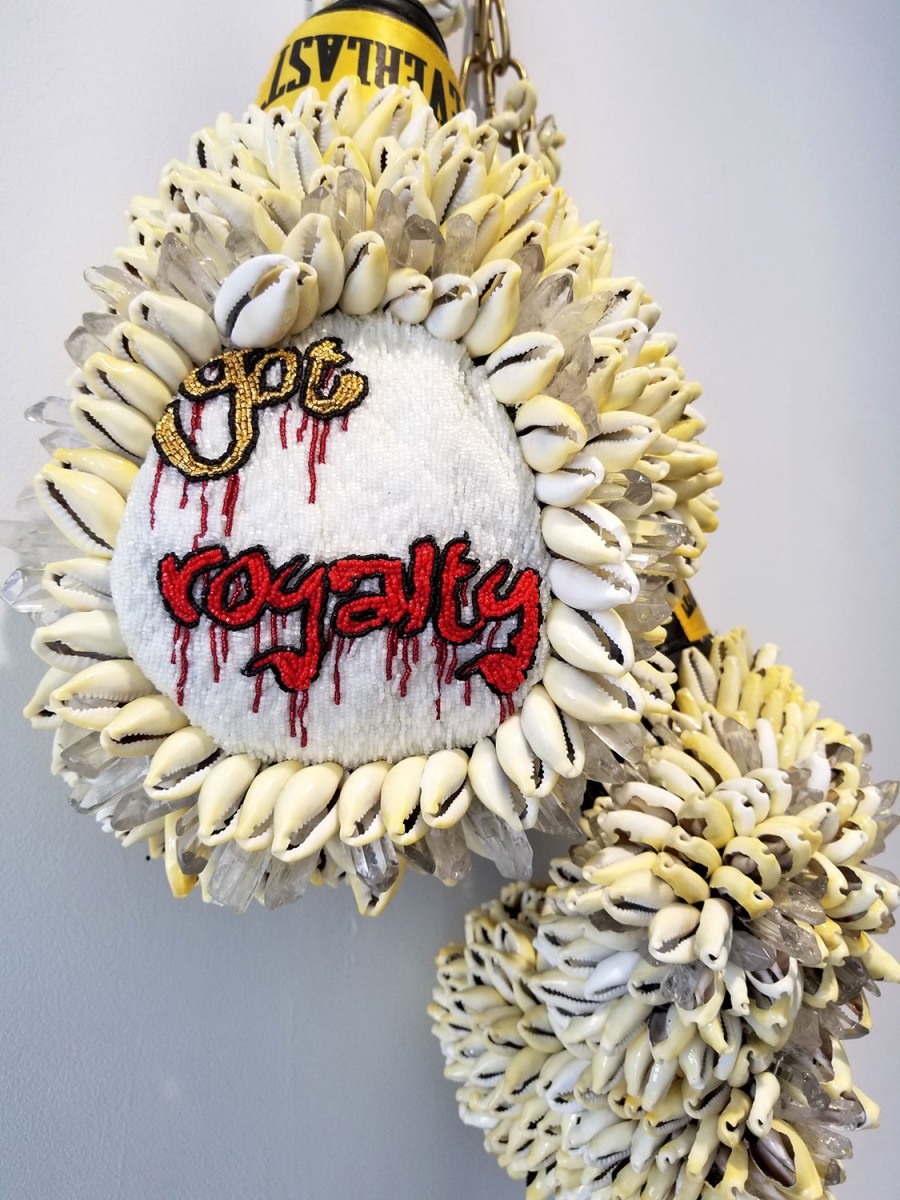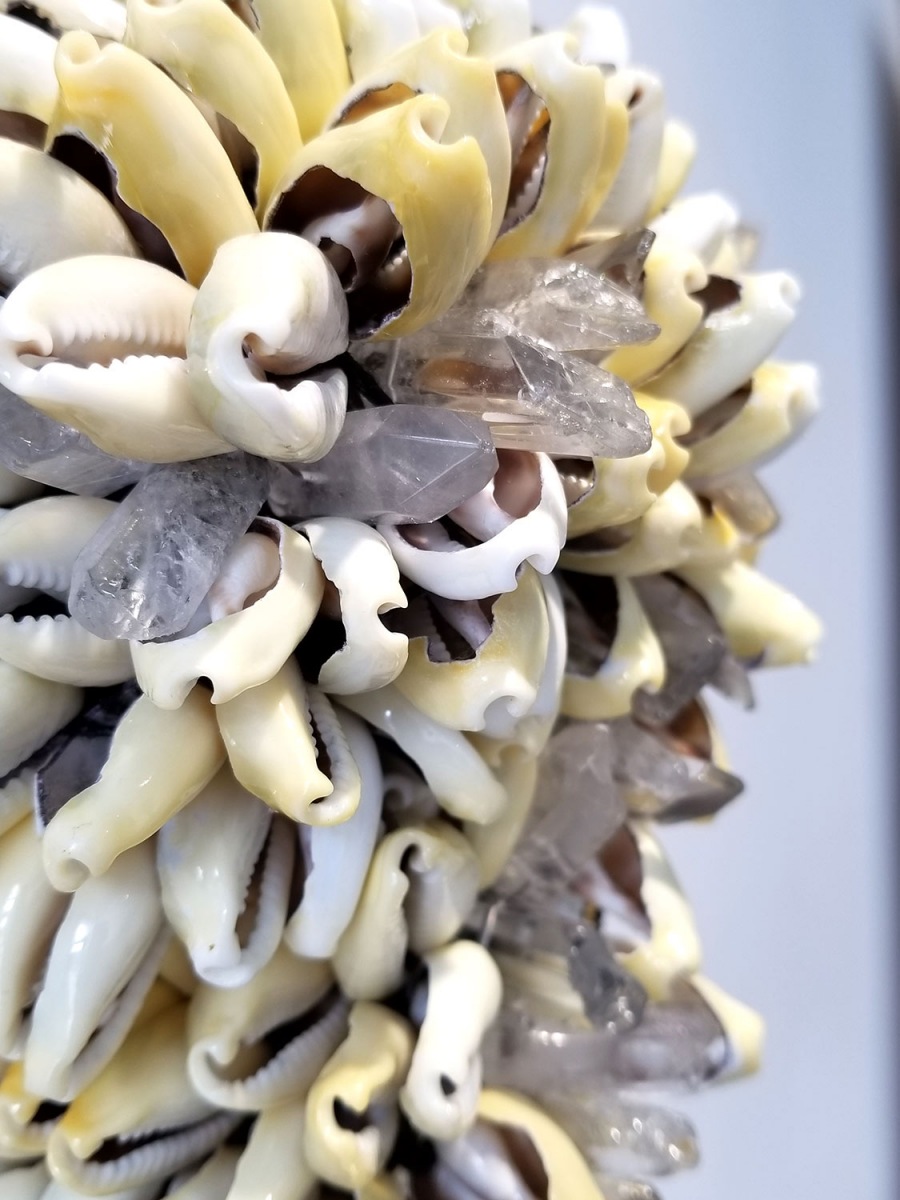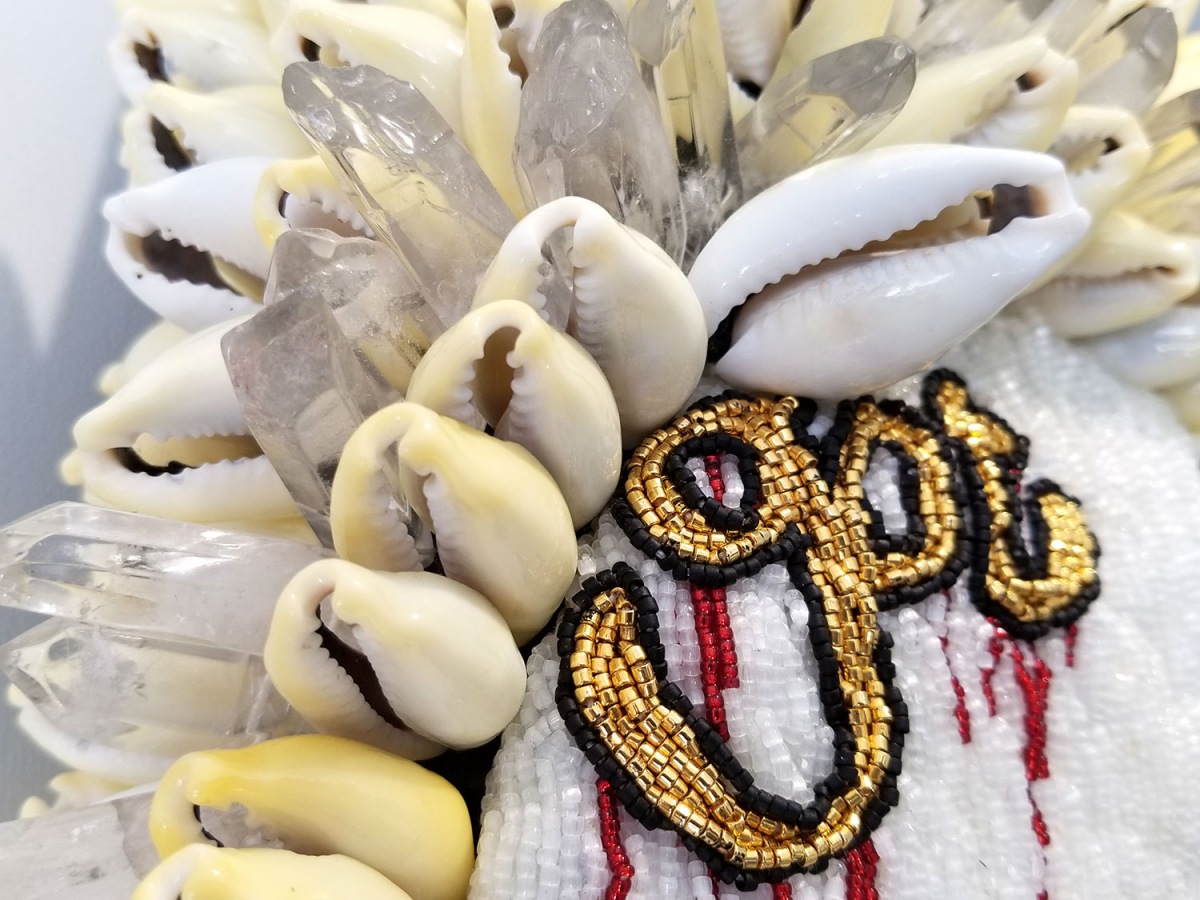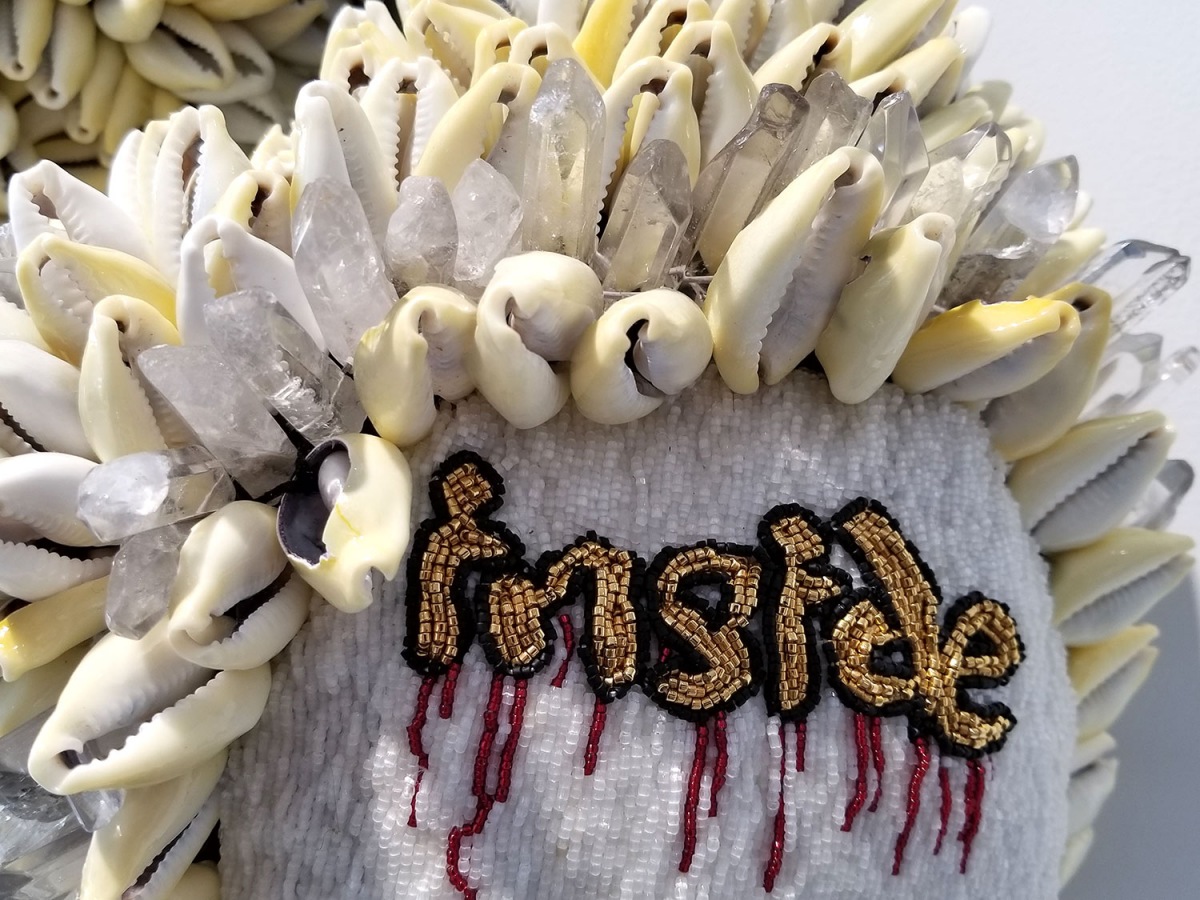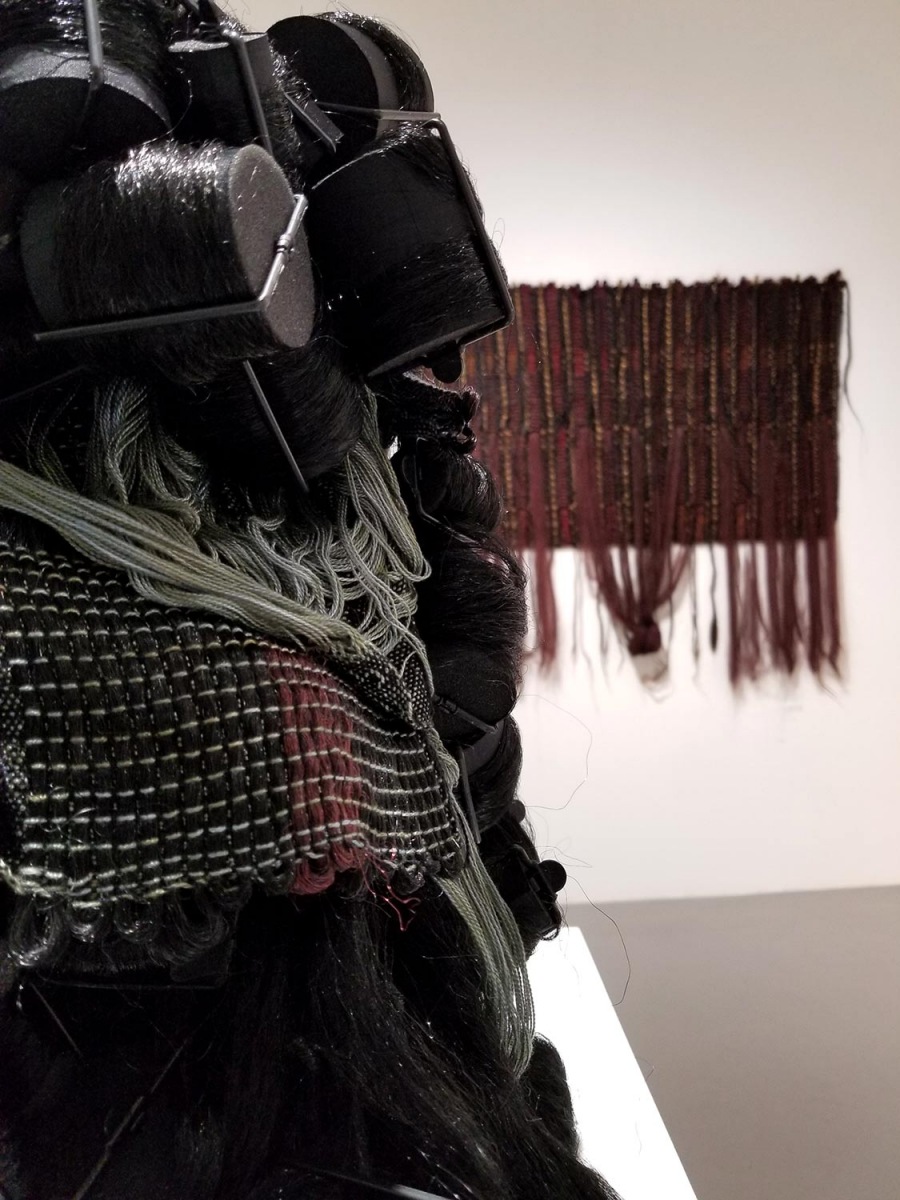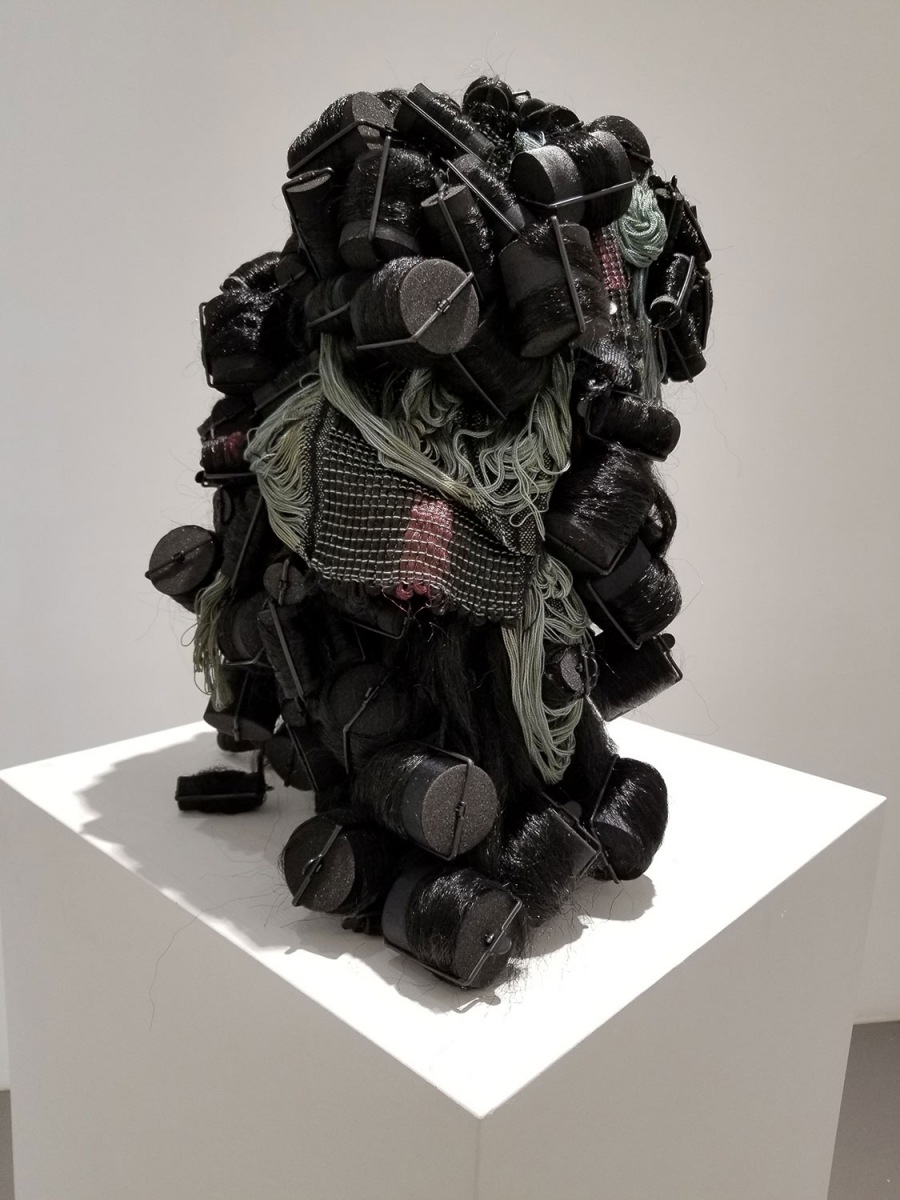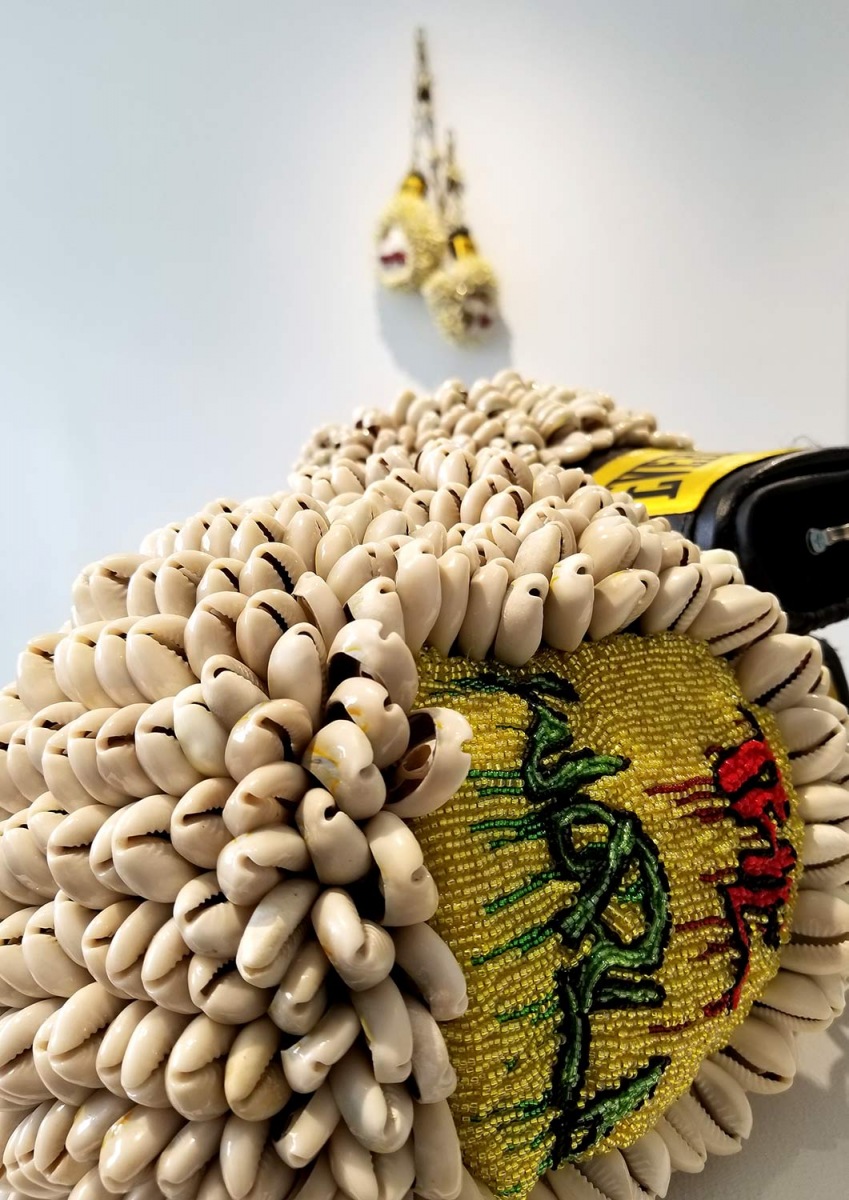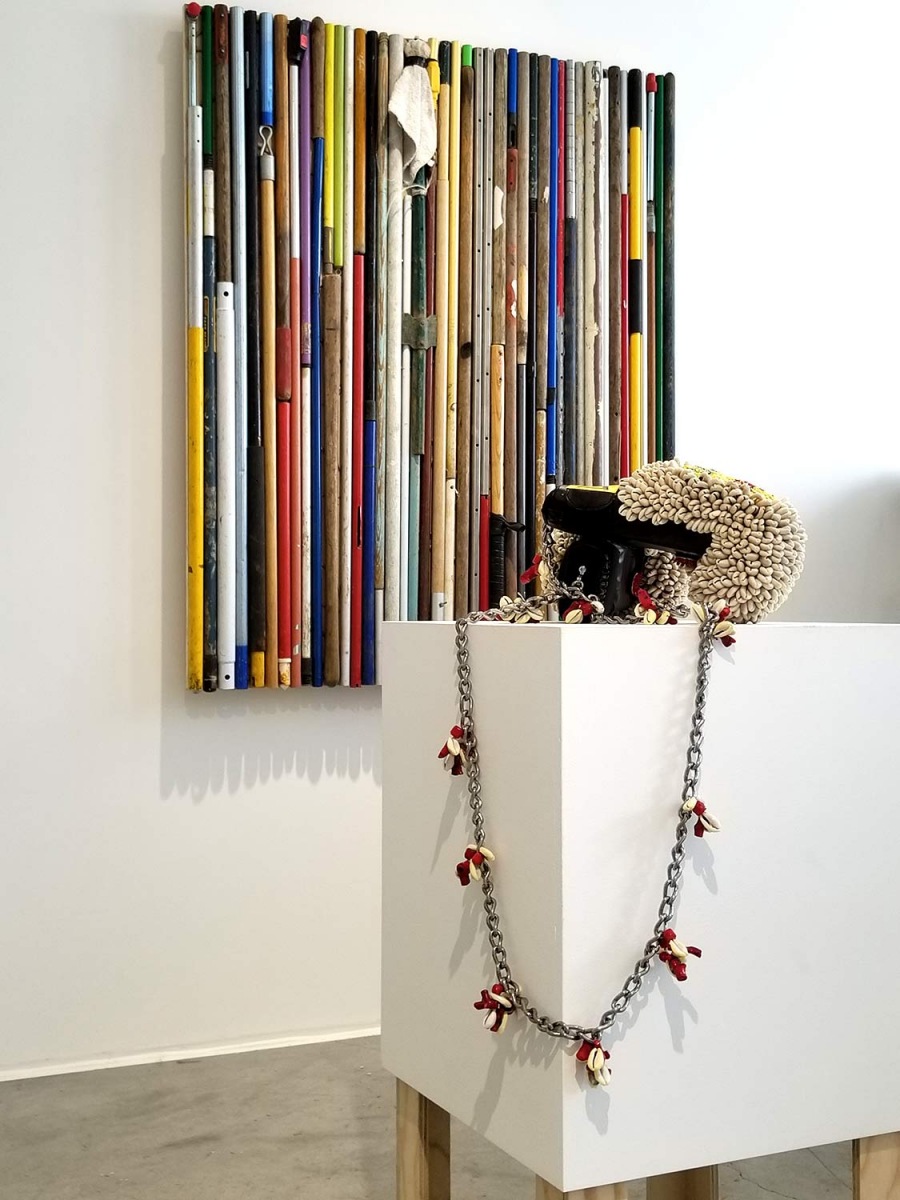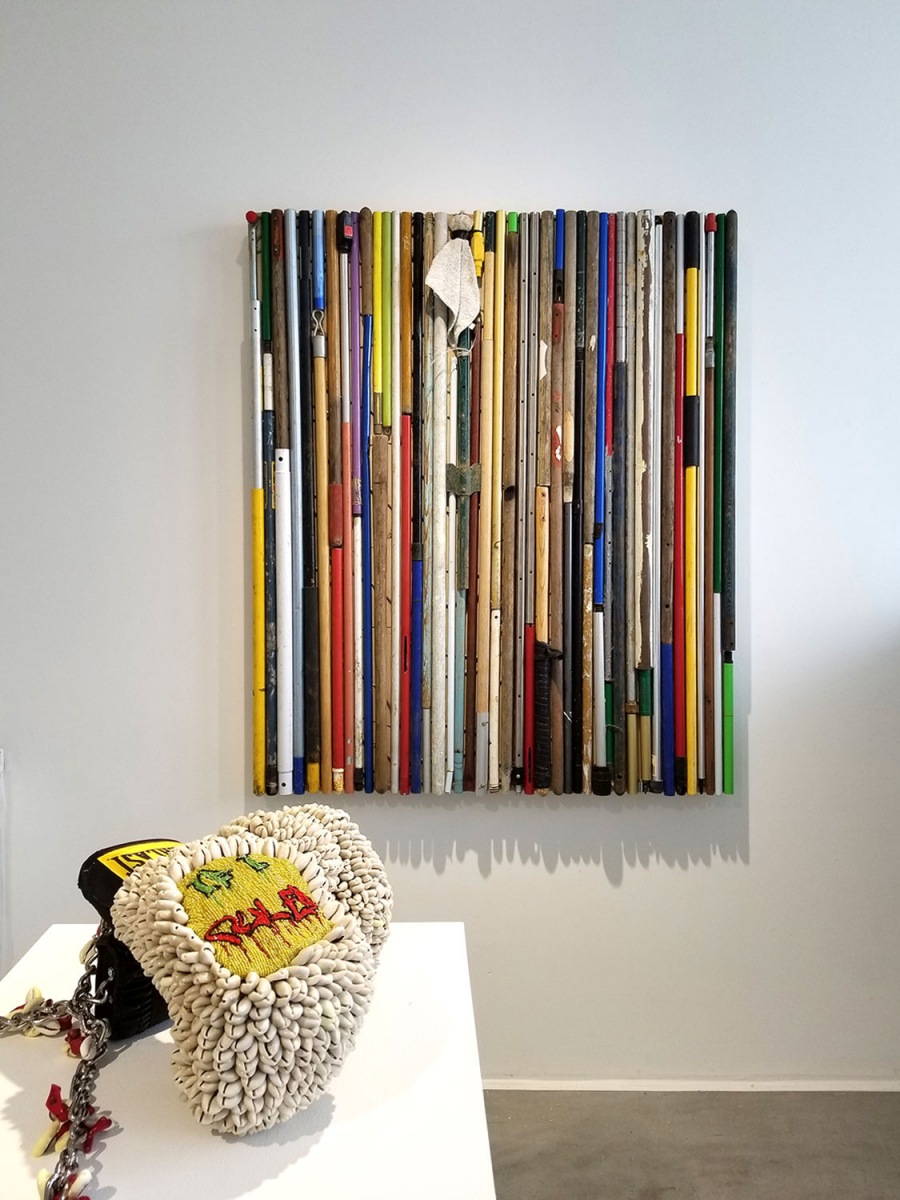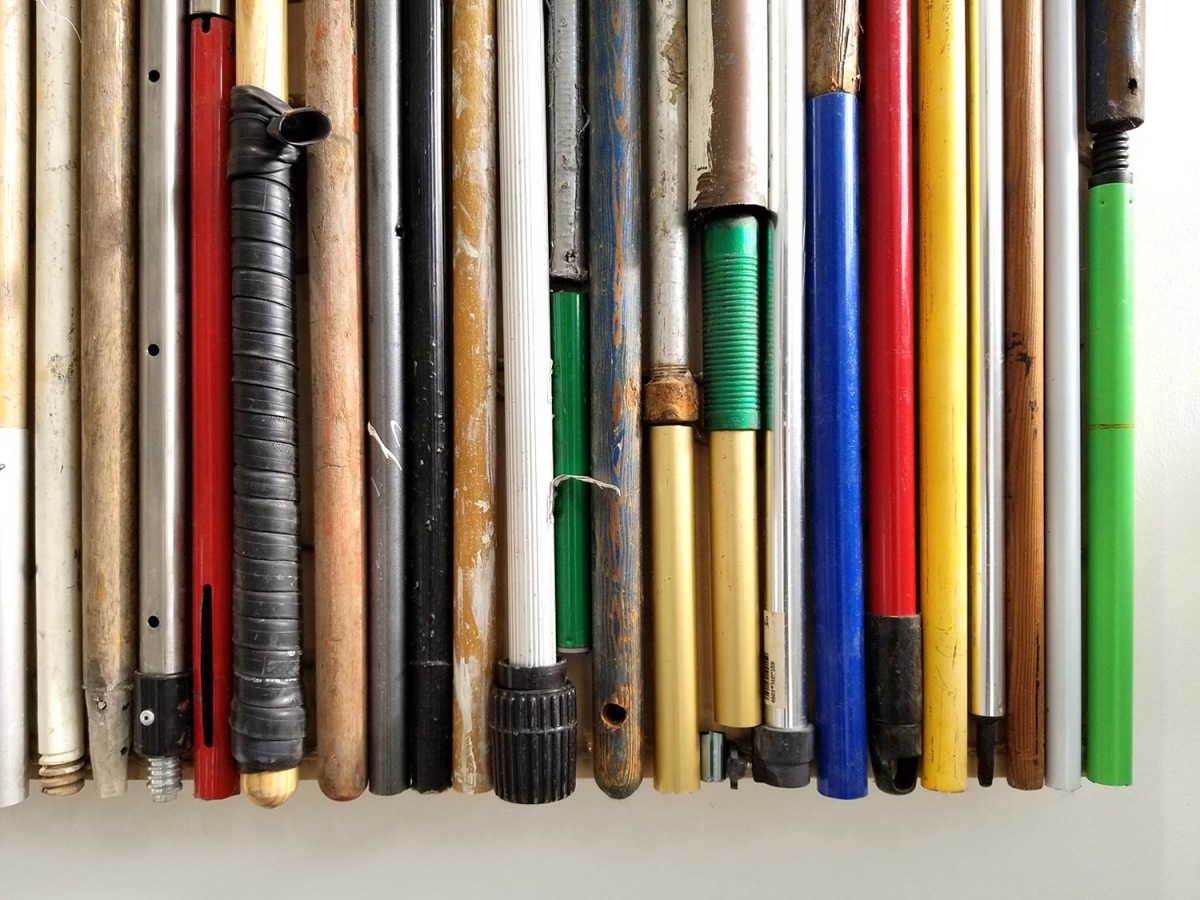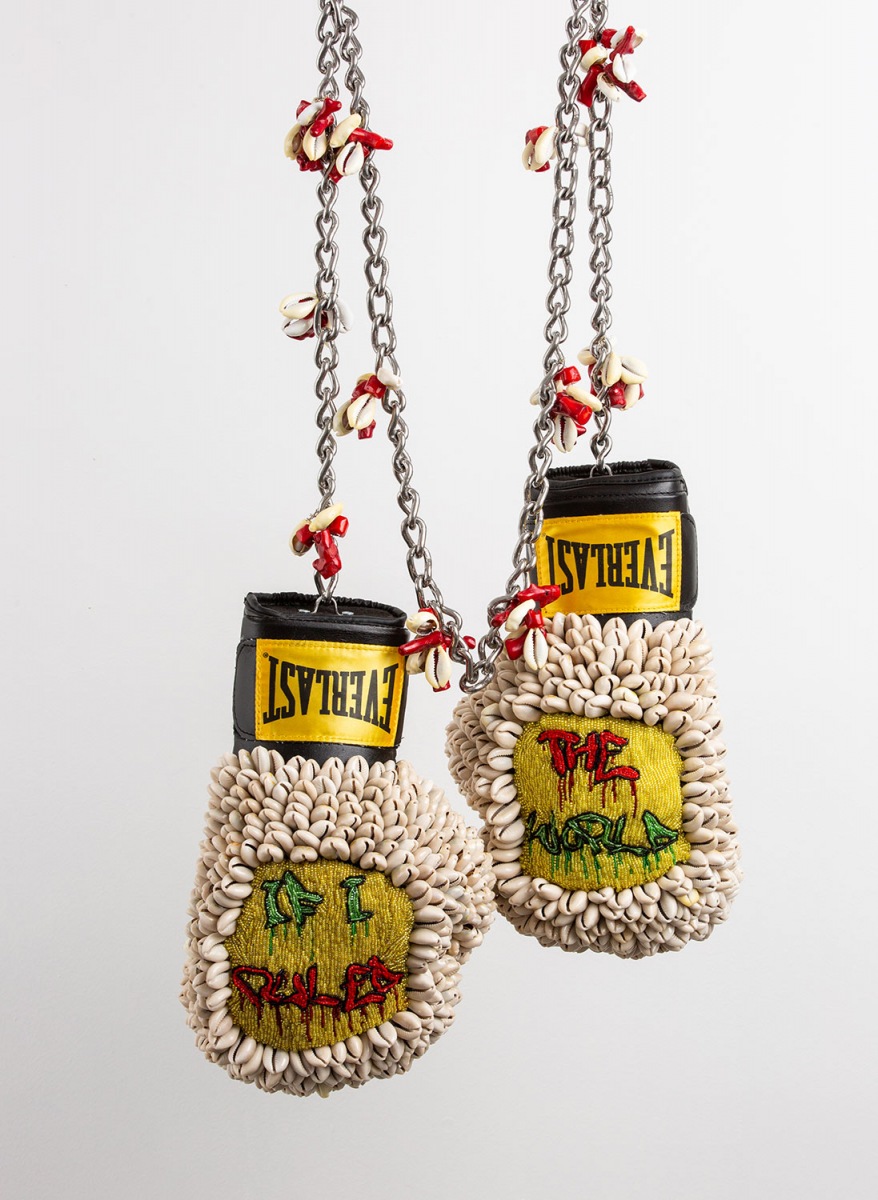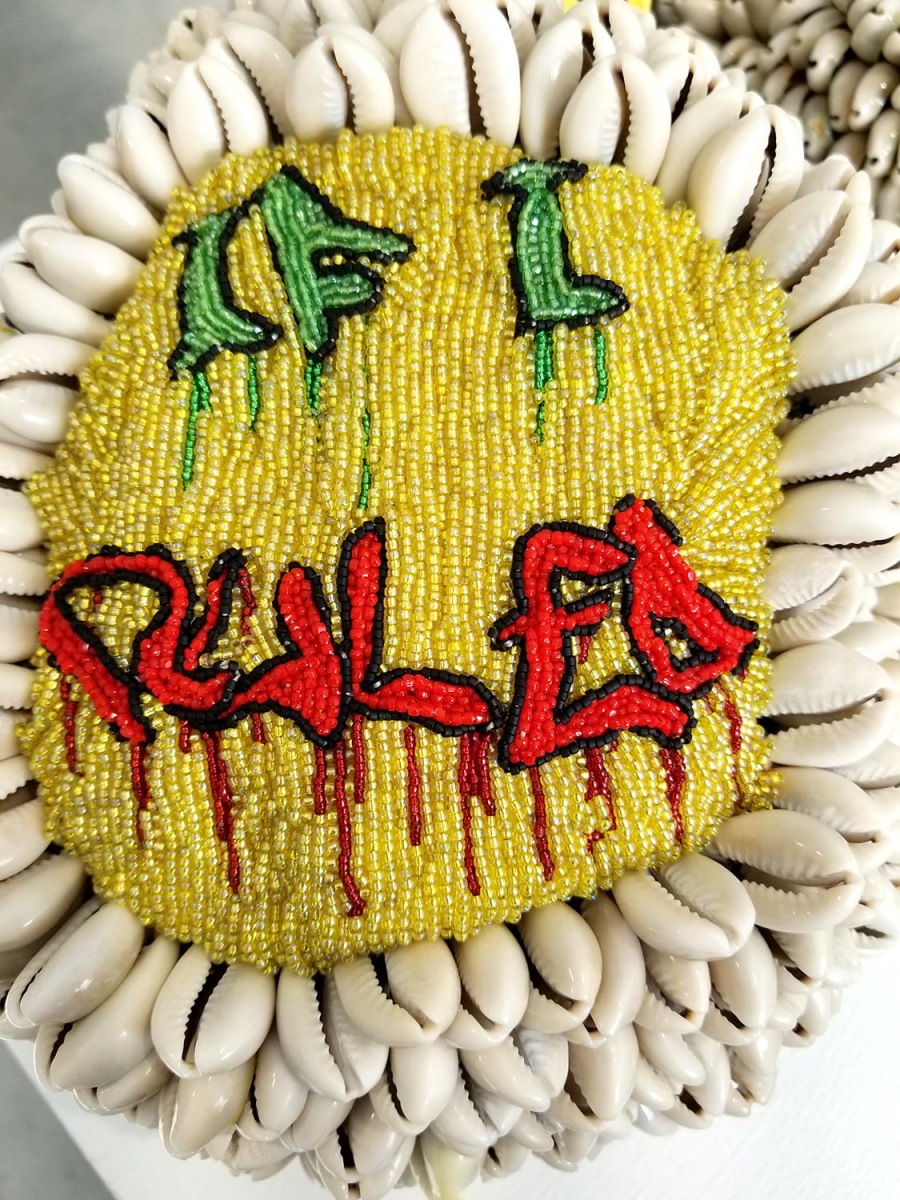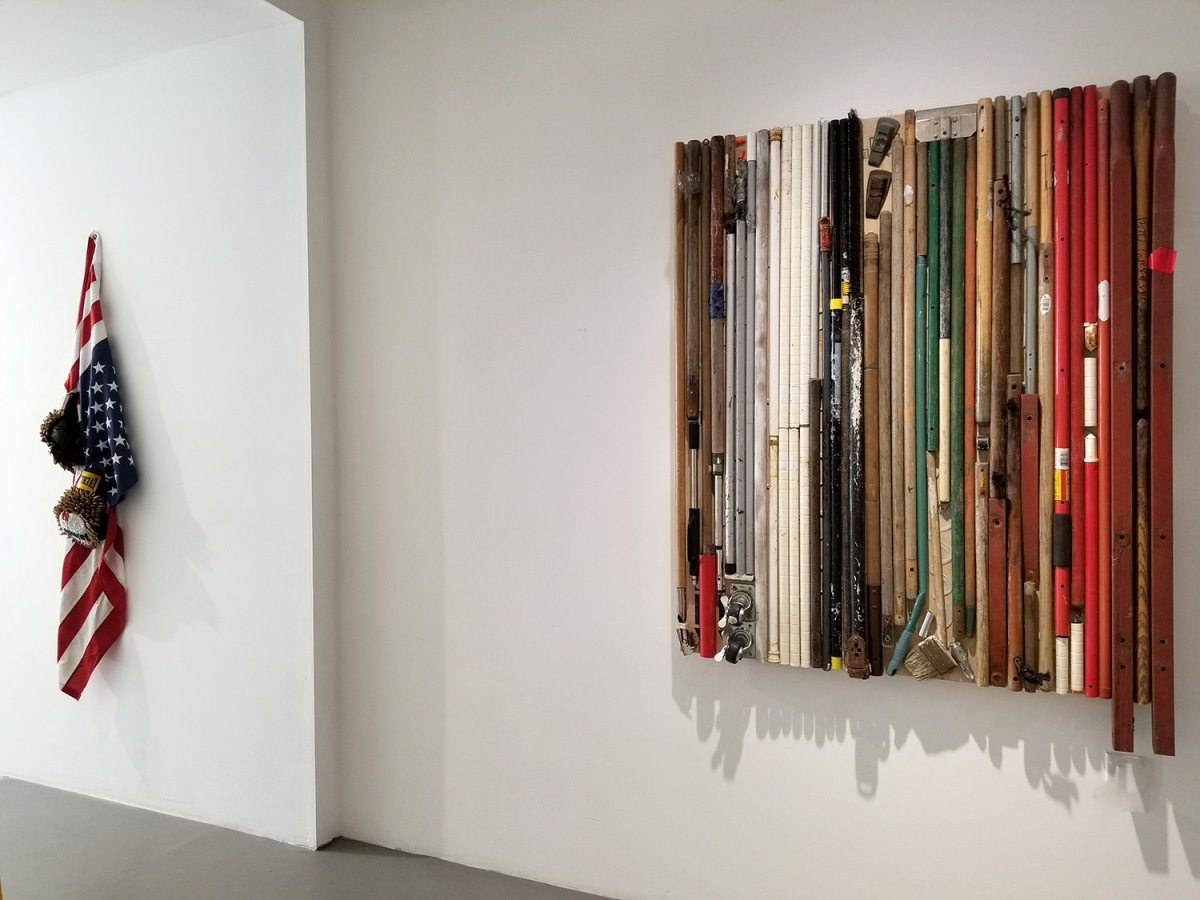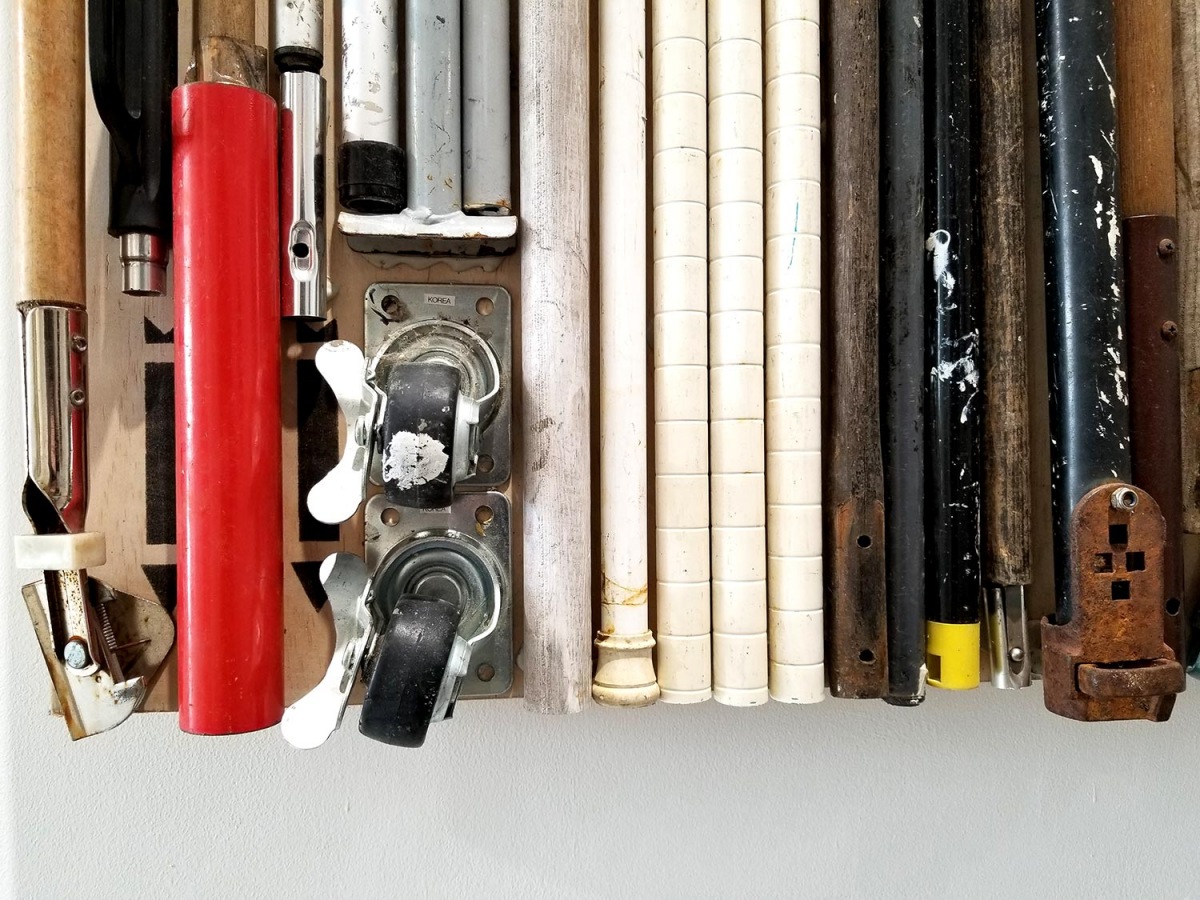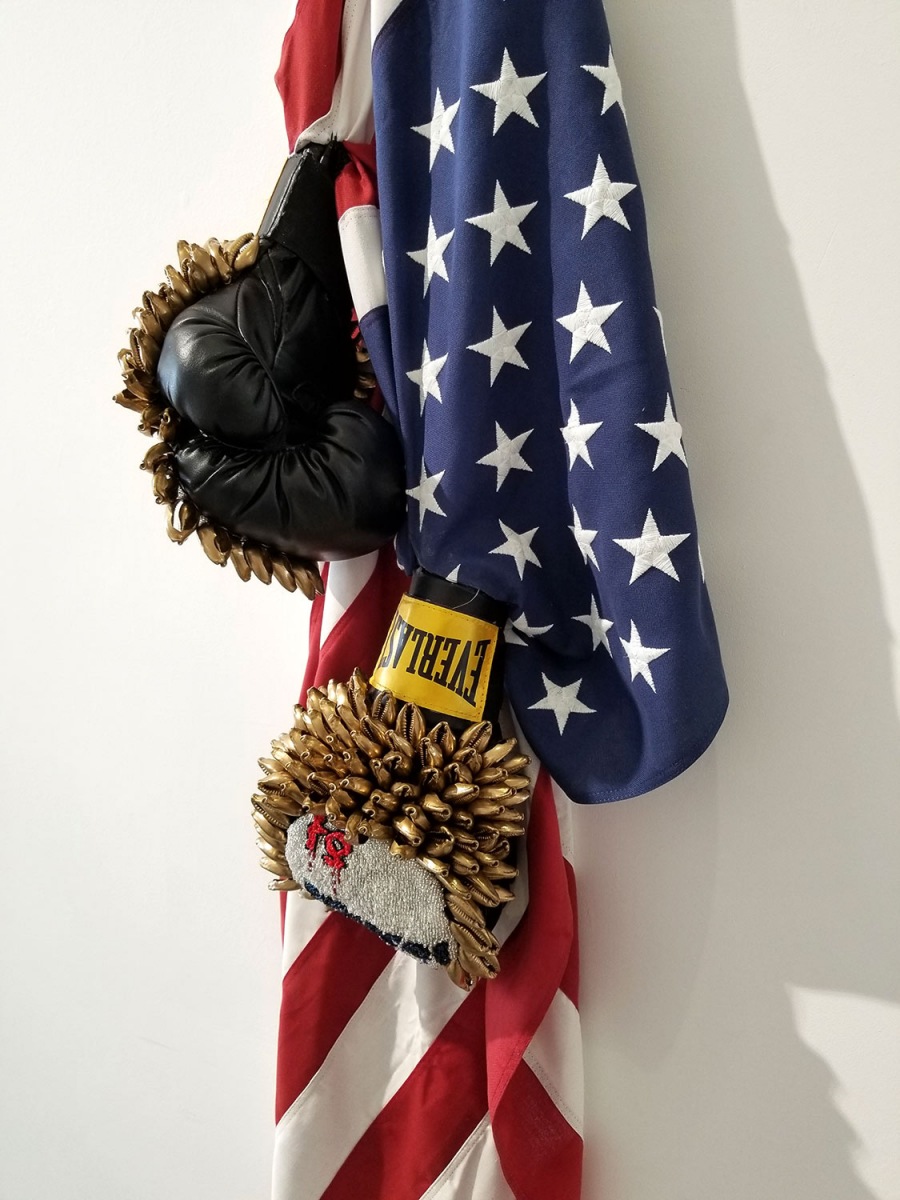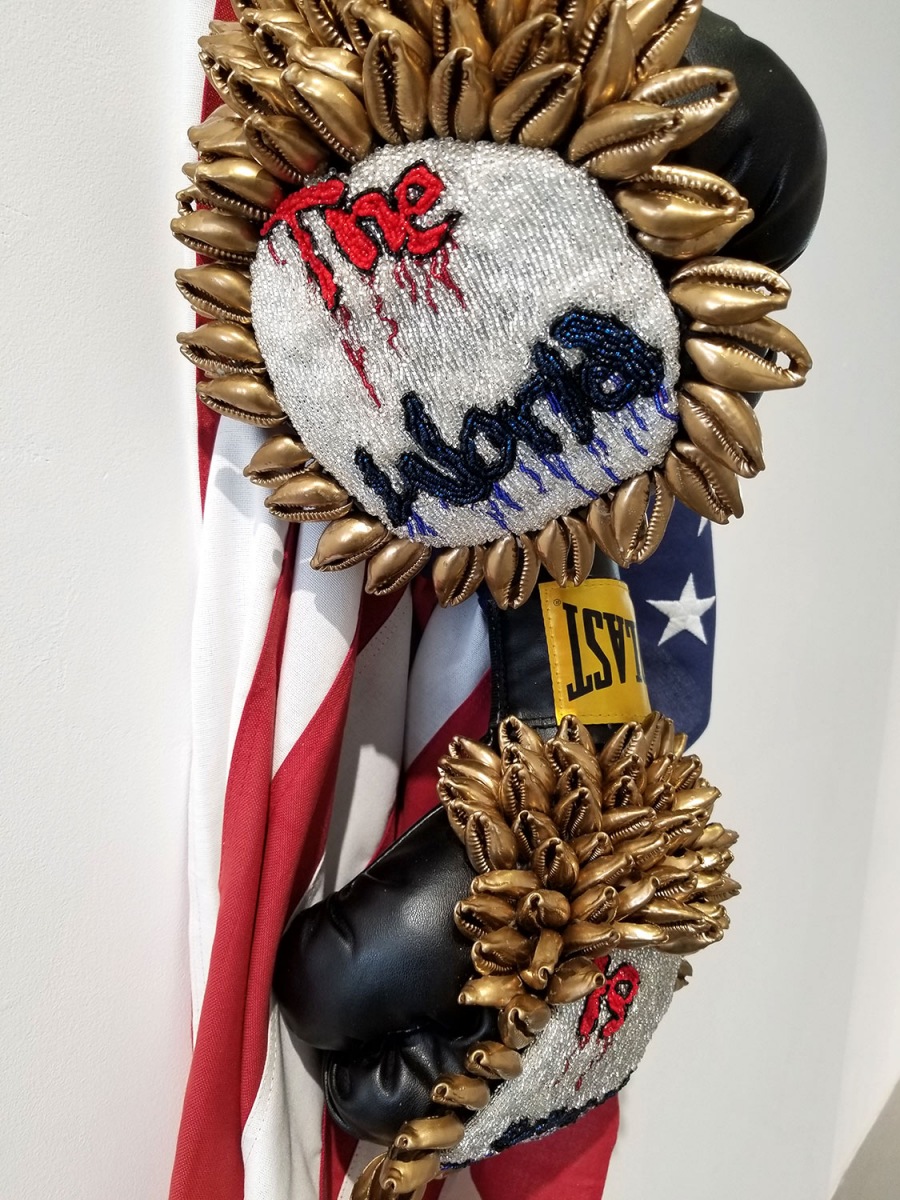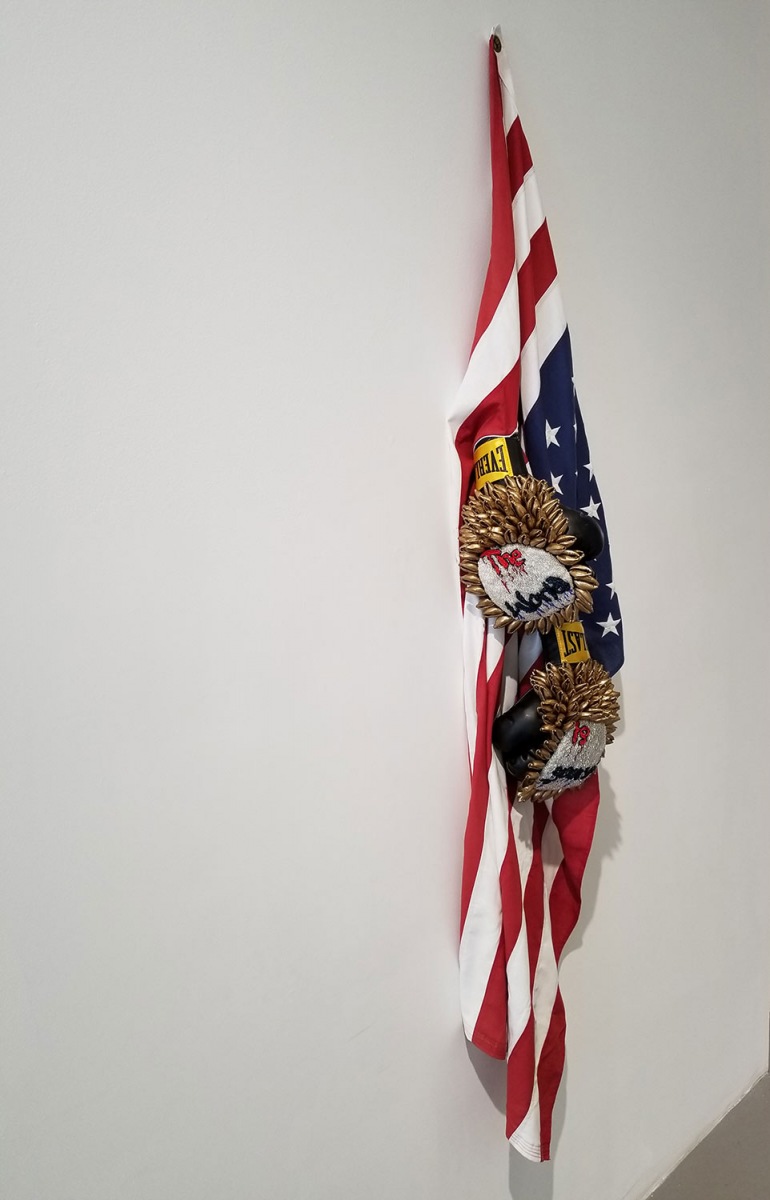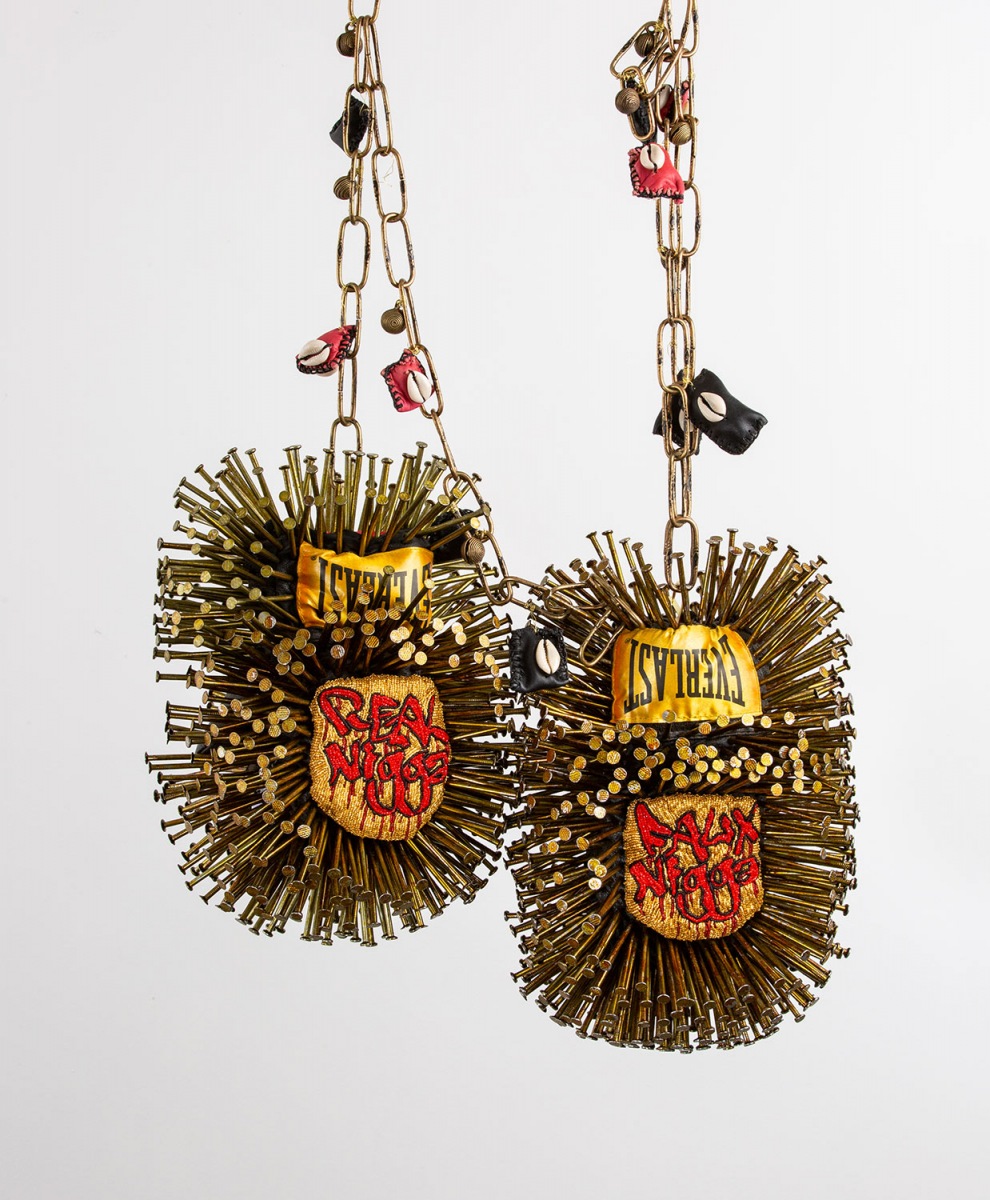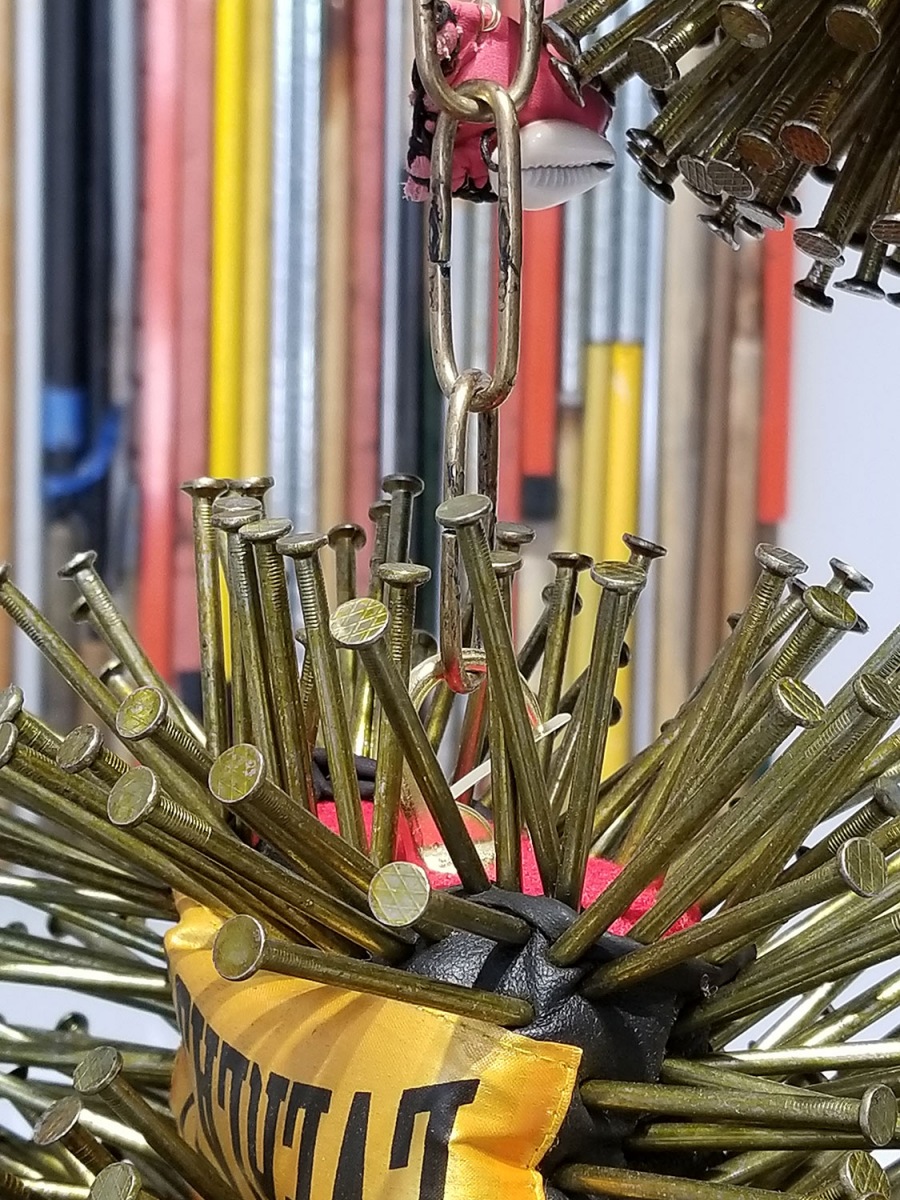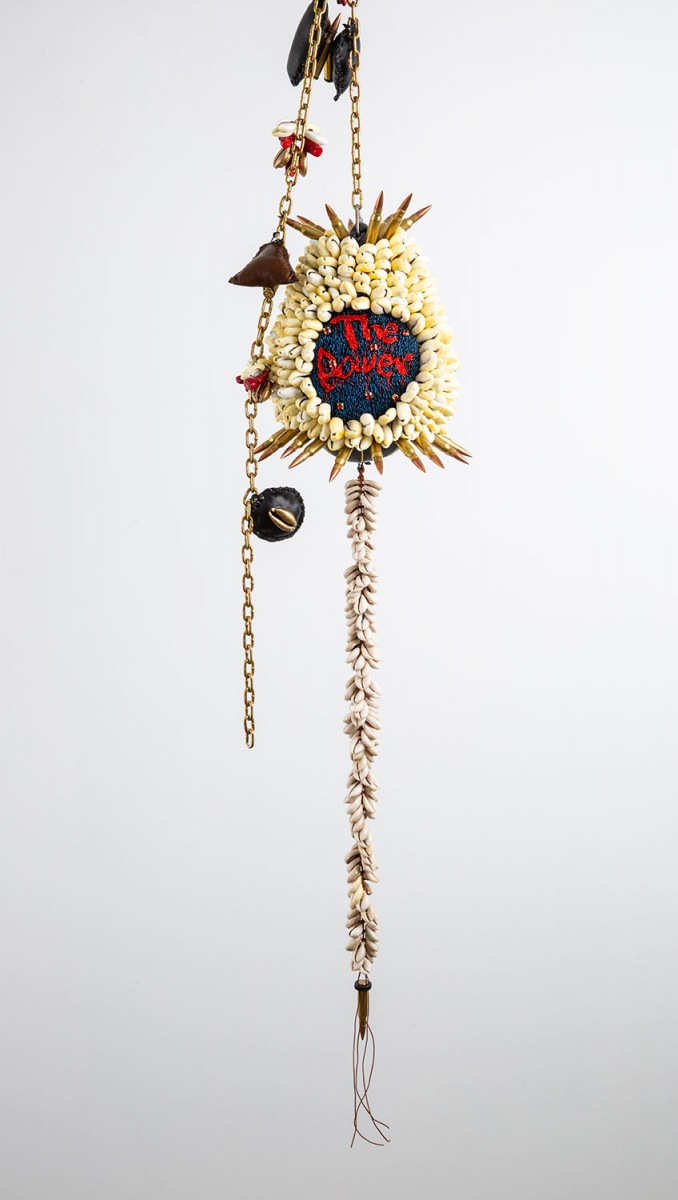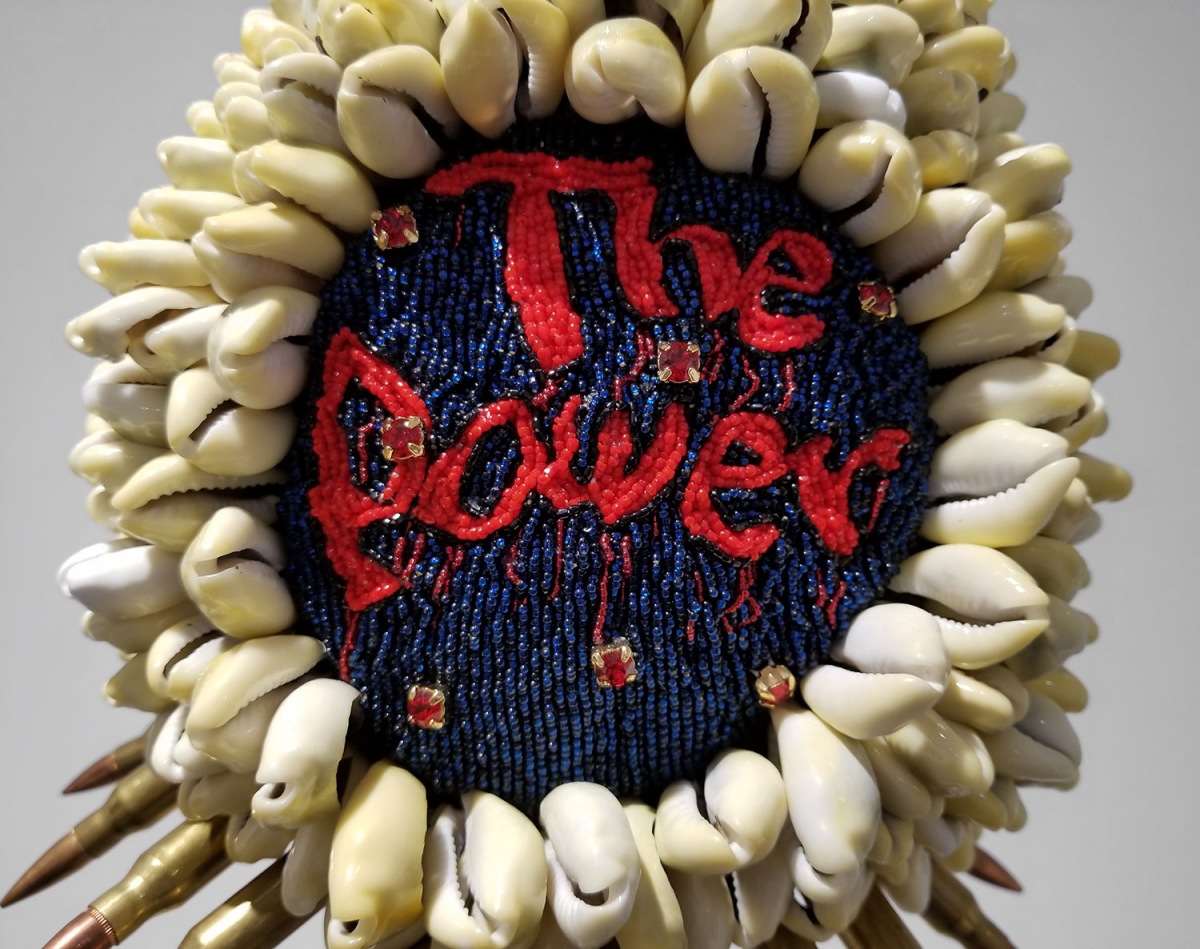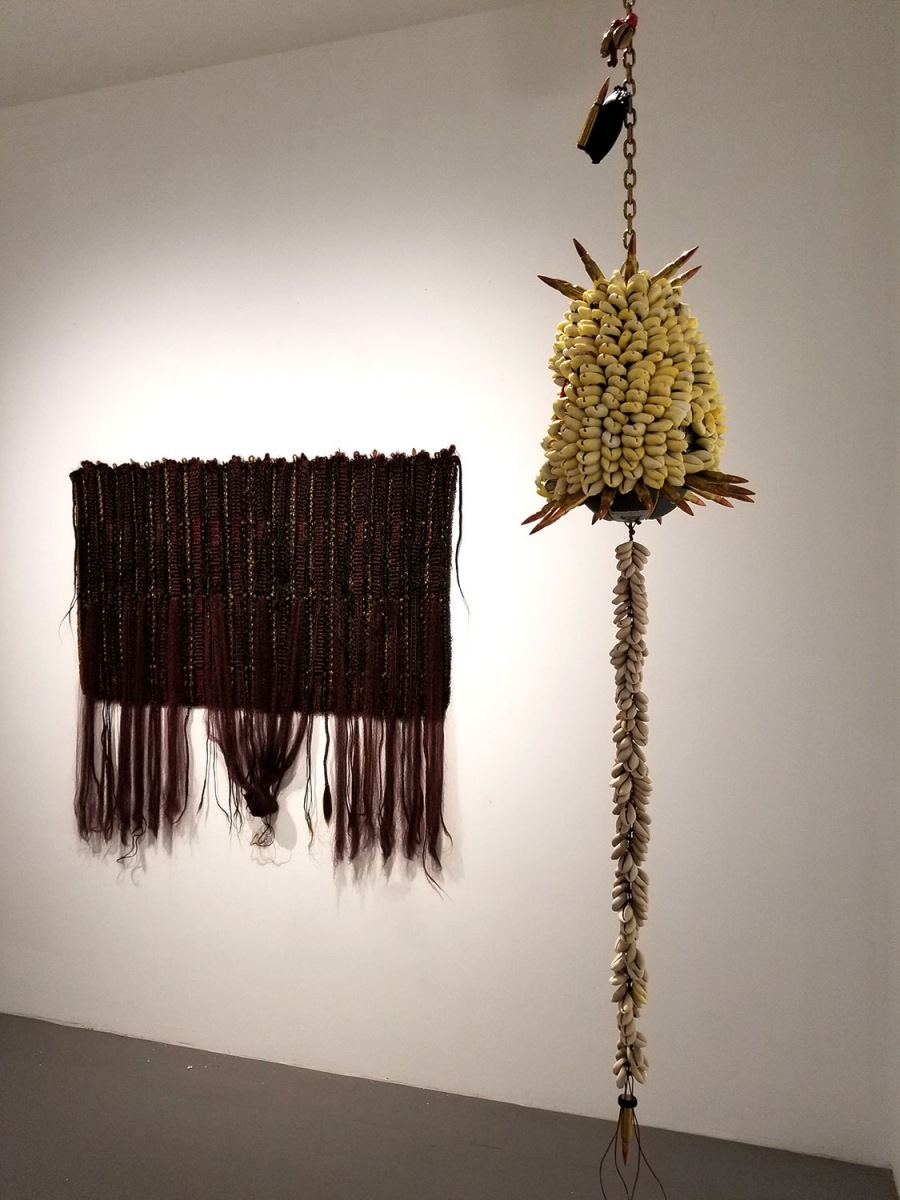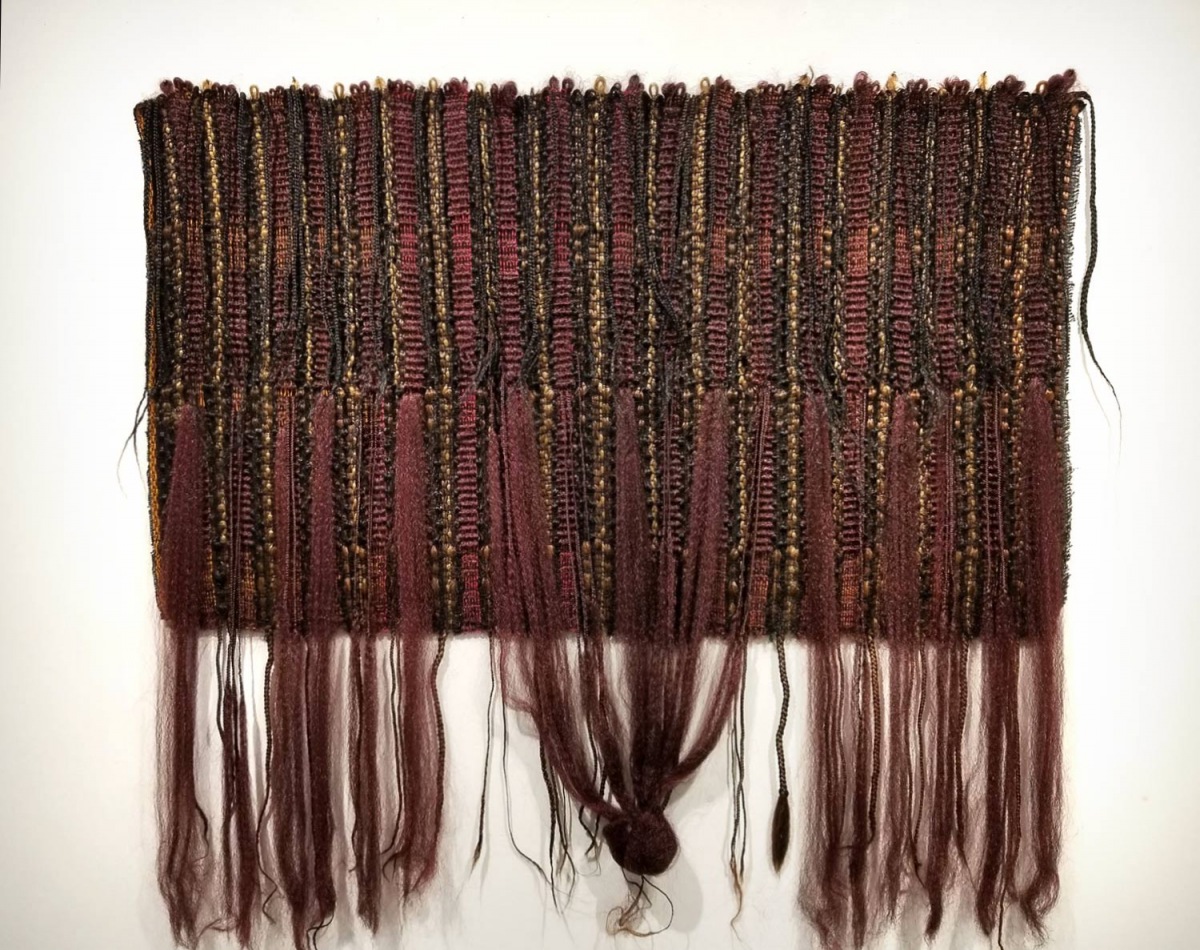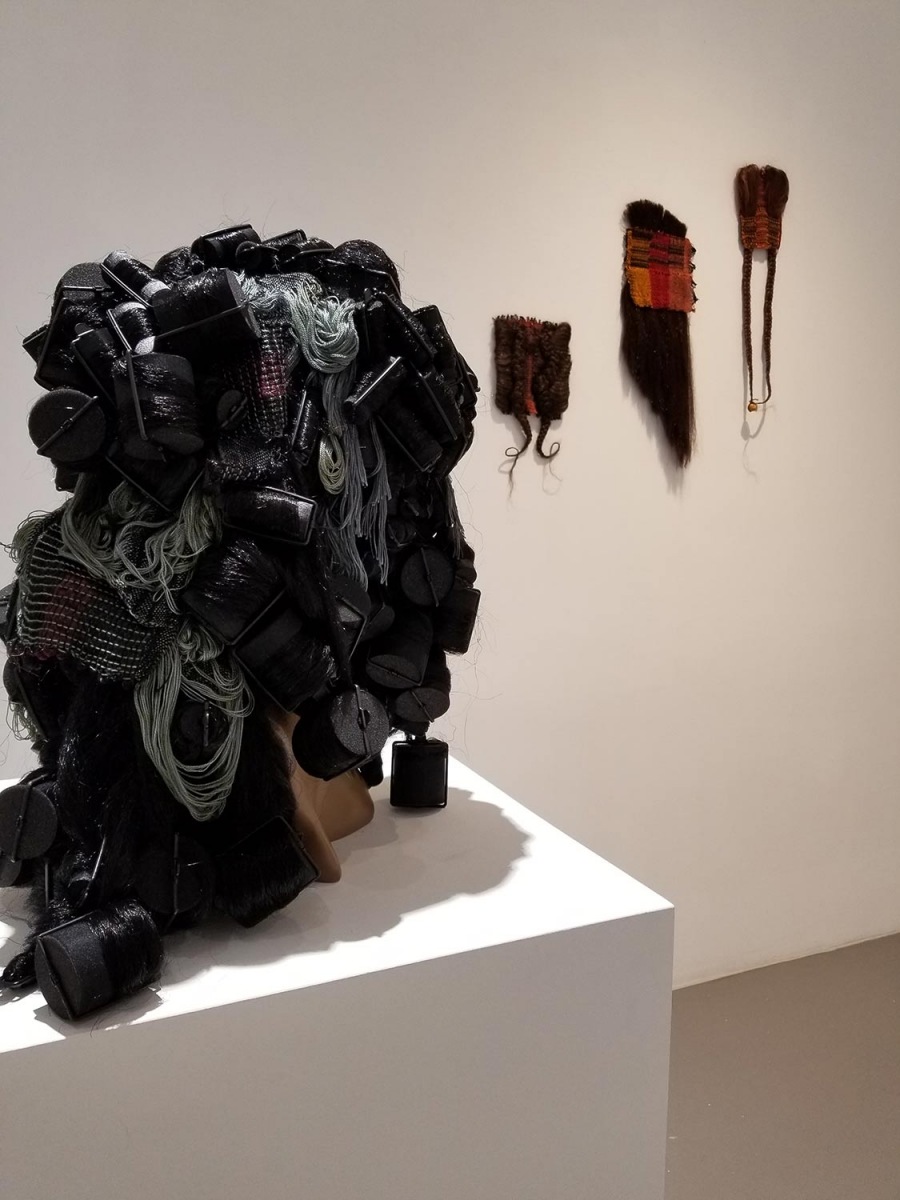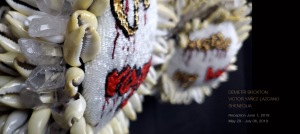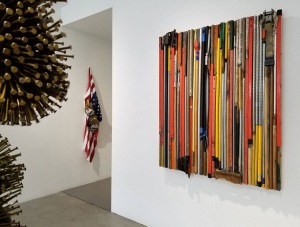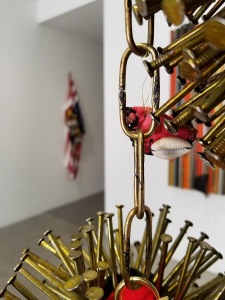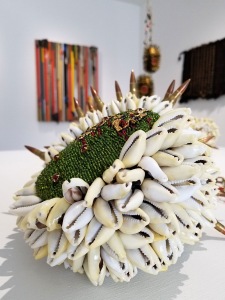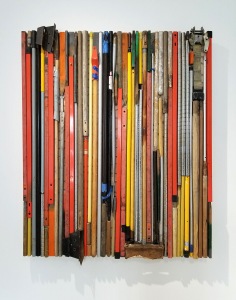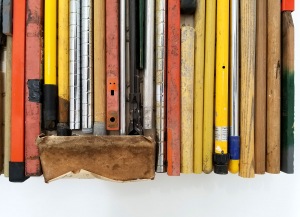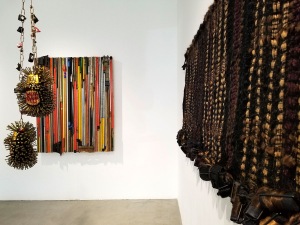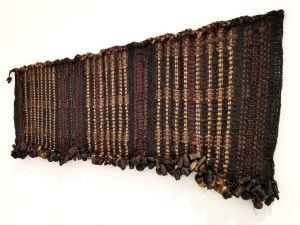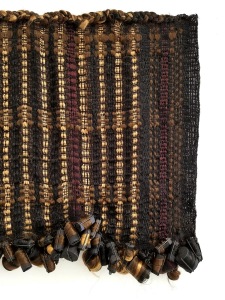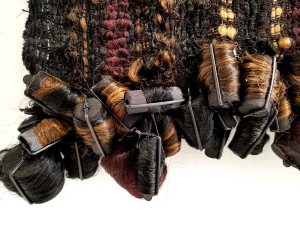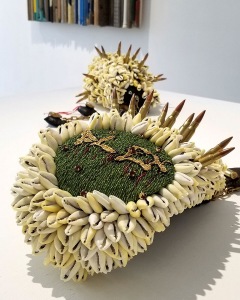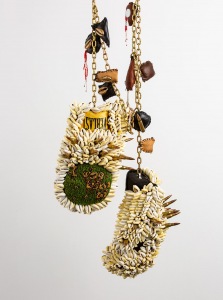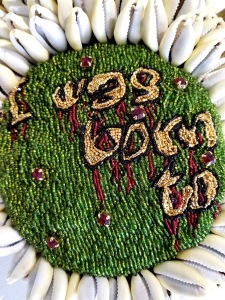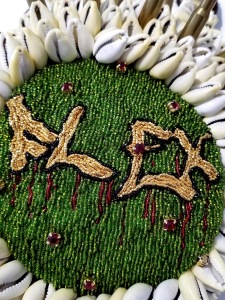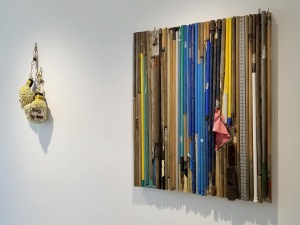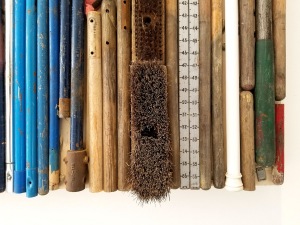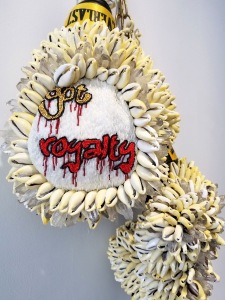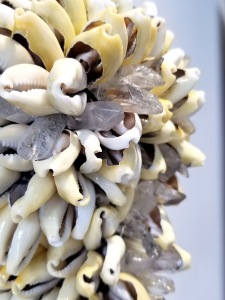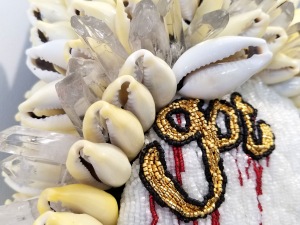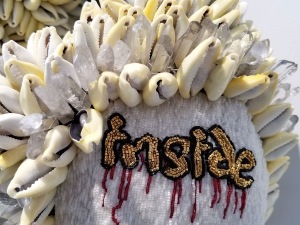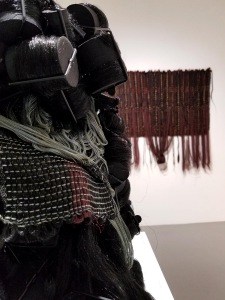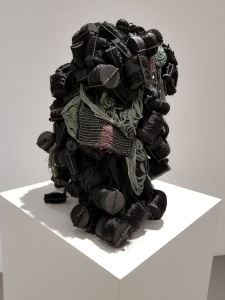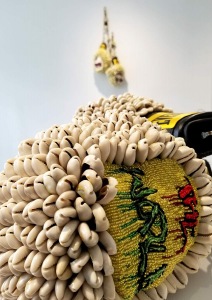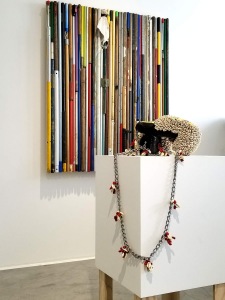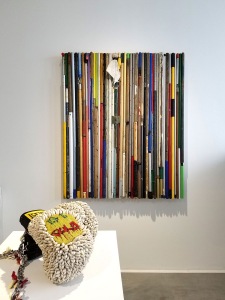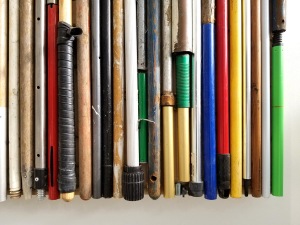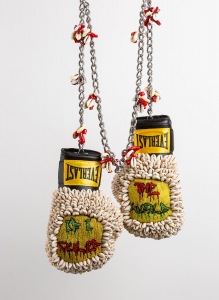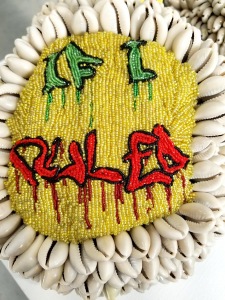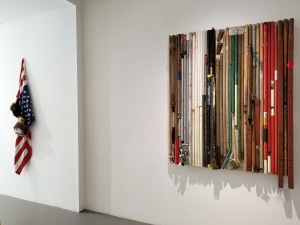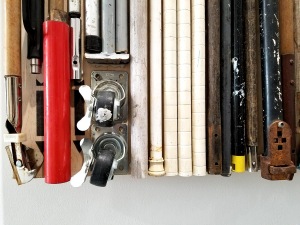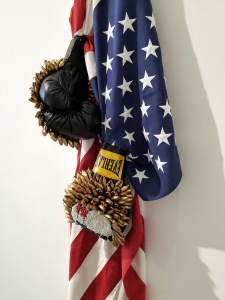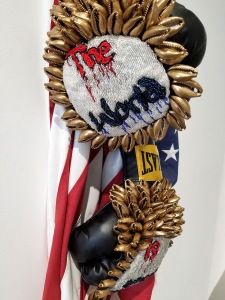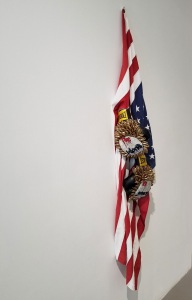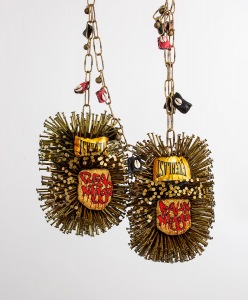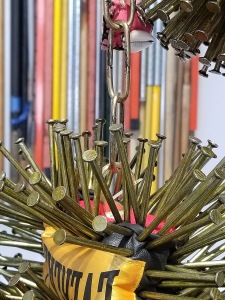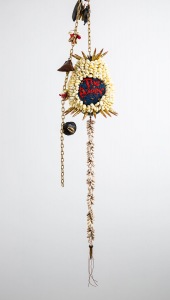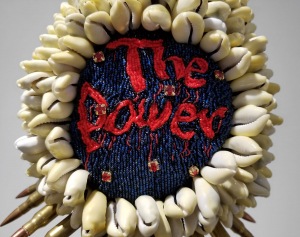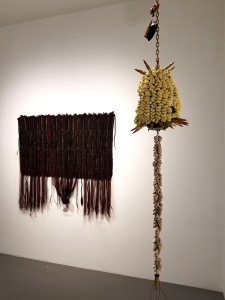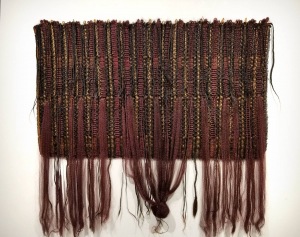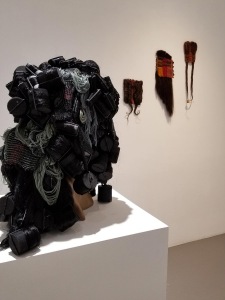Work
Press Release
Exhibition Dates: May 29 – July 6, 2019
Demetri Broxton – SHENEQUA – Victor Yañez-Lazcano
Reception: Saturday, June 1, 4:30 – 7 pm
▶︎ July 6th at 1:00 pm: Please join us for a closing conversation with Demetri Broxton, SHENEQUA and Victor Yañez-Lazcano. The conversation will be facilitated by Elena Gross.
Elena Gross is an Exhibitions Associate at MoAD, the Museum of the African Diaspora in San Francisco, as well as an independent writer and culture critic. She received an MA in Visual & Critical Studies from the California College of the Arts in 2016, and her BA in Art History and Women, Gender & Sexuality Studies from St. Mary’s College of Maryland in 2012. She specializes in representations of identity in fine art, photography, and popular media. Elena was formerly the creator and co-host of the arts & visual culture podcast what are you looking at?, published by Art Practical. Her most recent research has been centered around conceptual and material abstractions of the body in the work of Black modern and contemporary artists. She has presented her writing and research at institutions and conferences across the U.S.
Performing Labor, an exhibition with Demetri Broxton, SHENEQUA and Victor Yañez-Lazcano, reflects ideas of family, community, culture and tradition. The exhibition opens May 29th, and closes July 6th. Reception for the artists is June 1st, from 4 to 7 pm.
In his second group exhibition at PSG, Demetri Broxton’s focus is the boxing glove, embellished, transformed, exposed. Broxton’s textile sculptures reflect a connection to the sacred art of the Yoruba people in Nigeria, the beading traditions of the New Orleans Mardi Gras Indians, and his love of hip-hop and graffiti. He understands his work as an ongoing investigation of cultural continuities from Africa to America and is particularly interested in how these ancient cultural forms find their way into mainstream culture. Thus, elements of Nigerian royal regalia, sports equipment with significant ties to African American history, Southern voodoo/hoodoo traditions, and quotes from hip-hop artists are seamlessly blended with beaded patchwork.
The series of boxing gloves on view are hand-embroidered with beads, crystals, nails, mirrors, chain and other sundry treasures. He laboriously uses a backstitch, securing each individual bead, an adaptation of Yoruba and Native American beading techniques. He weaves in objects of power and protection throughout the glove, such as High John the Conqueror root, a staple in American Hoodoo traditions, and other hidden talismans. Broxton’s work connects contemporary hip-hop artists to the tradition of the Oba, where lyrical quotes and personas embody superhuman power and even some, like Pusha T, who call themselves gods.
Demetri Broxton is a mixed media artist of Louisiana Creole and Filipino heritage. He was born and raised in Oakland, CA and earned a BFA with an emphasis in oil painting at UC Berkeley in 2002. Demetri is influenced by craft and folk traditions and is passionate about infusing these traditions into fine art.
SHENEQUA weaves the narrative of the Black Hair Salon as the center of community, intimacy and friendship. Intergenerational women, family members, friends and neighbors created a safe place where self-pampering, love and laughter were omnipresent. As women designed and plaited extraordinary hairdos, they explored ways to see and understand each other, heal and remove the demands and disappointments of everyday life, celebrate dreams and successes, build and bind trust – their hair salon became the ultimate guardian of nurturing acceptance. In this exhibition SHENEQUA offers synthetic hair textile weavings, applying the techniques observed in childhood – braiding, Bantu knotting and plaiting.
SHENEQUA is a Caribbean/American multidisciplinary textile artist. She received her Masters of Design in Fashion, Body and Garment at the School of the Art Institute of Chicago under the mentorship of Nick Cave and Liat Smestad. A Featured Artist for “Ties that Bind” in American Craft Magazine, and the Kansas City Star, she spoke of her process of weaving synthetic-hair in relation to the African – American Hair Experience. She received the Windgate Fellowship from the Center for Craft Creativity & Design in 2014, and the inaugural YoungArts Daniel Arsham Fellowship, presented by the Ridinger-McLaughlin Family, in 2017.
Victor Yañez-Lazcano’s early consideration of art-making as a life vocation was, from one “not of possibility” to one “of possibility”. Growing up in the Midwest, a first-generation Mexican American, his career path looked very different. It wasn’t a matter of art being unfamiliar; it was living and working as an artist that was unfamiliar. “Since 2009, my practice has explored the various factors associated with assimilation narratives within my family as it transitions into a second and third generation of U.S. citizens. I am interested in the way language, labor and notions of visibility have contributed to the formation of my family’s identity”.
While still an undergraduate at Columbia College he recognized his point of reference was modeling a Western European lens. At this juncture he began turning his gaze inward, to himself, his family and their shared history. “Over the last three years my practice has utilized a more conceptual approach to further articulate how my own perception of identity formation has resulted in the internalization of systems of oppression. Now sculpture, performance and installation alongside research in Raciolinguistics and Chicano history help to further contextualize formed perceptions of Mexican-immigrant and Mexican-American identities.”
In this exhibition Yañez-Lazcano will present, “ni de aqui, ni de alla ”, (not from here, nor there) – ‘paintings’ constructed of materials used in manual trades, i.e. building, maintenance and gardening. The various handles, brooms, levels, hoses, and metal fittings are burnished with the sweat of labor, often discarded, or broken from overuse. His poignant, elegant repurposing is only disrupted when we recognize those same tools employ back-breaking work from marginalized laborers. “Taken as a whole, these works toggle between a poetic indexical investigation and a loose historical narrative of a common, and an often-overlooked set of experiences that inform the American immigrant experience.”
Victor Yañez-Lazcano received his BFA from Columbia College, Chicago in 2008 and his MFA from Stanford University in 2019. He is currently a Visiting Lecturer at Stanford University. He was selected as a fall 2019 Artist in Residence at Recology, San Francisco. In 2017 he received a Cadogan Scholarship from the San Francisco Foundation.
